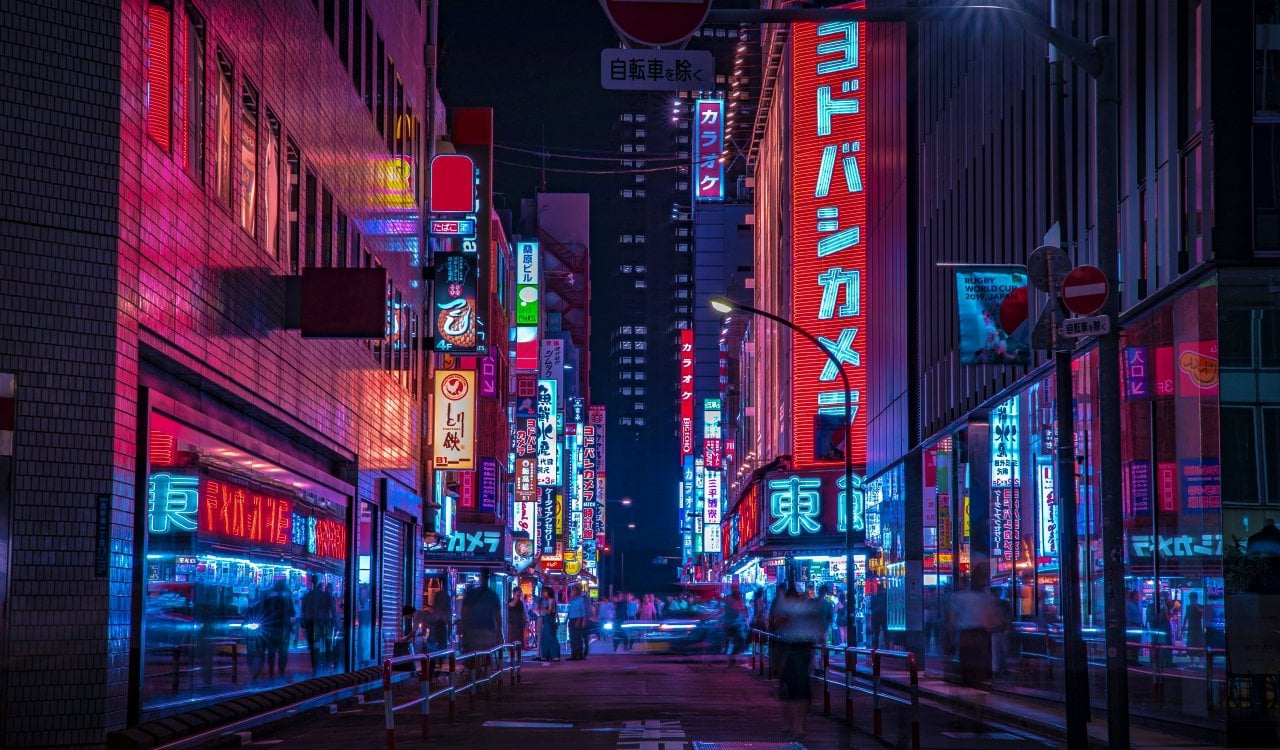There have been a lot of amazing opportunities for nations over the years, and it’s hard for many to pass up on them. From ancient times to the present day, technology has given countries the power to grow economically. Of course, that sometimes led to attempts to take over other nations. Over the years though, big technology has allowed some nations to stand out heavily. Whether that was early forms of technology that we still use today or the latest and greatest in the digital world. Regardless of which one, several countries have managed to carve out a spot among the elite due to their technology.
Meanwhile, others practically destroyed themselves trying to stand out in the world. Of course, many succeeded in becoming a major world power with their big technology companies or inventions. However, it was at the expense of their own people. Several top cities within major nations were either helped or destroyed by big technology and we wanted to discuss the most important from the past to the present day. While we will mostly only use one city or region from a country, this will differ slightly for a reason you will certainly understand. Without further delay, let’s get started!
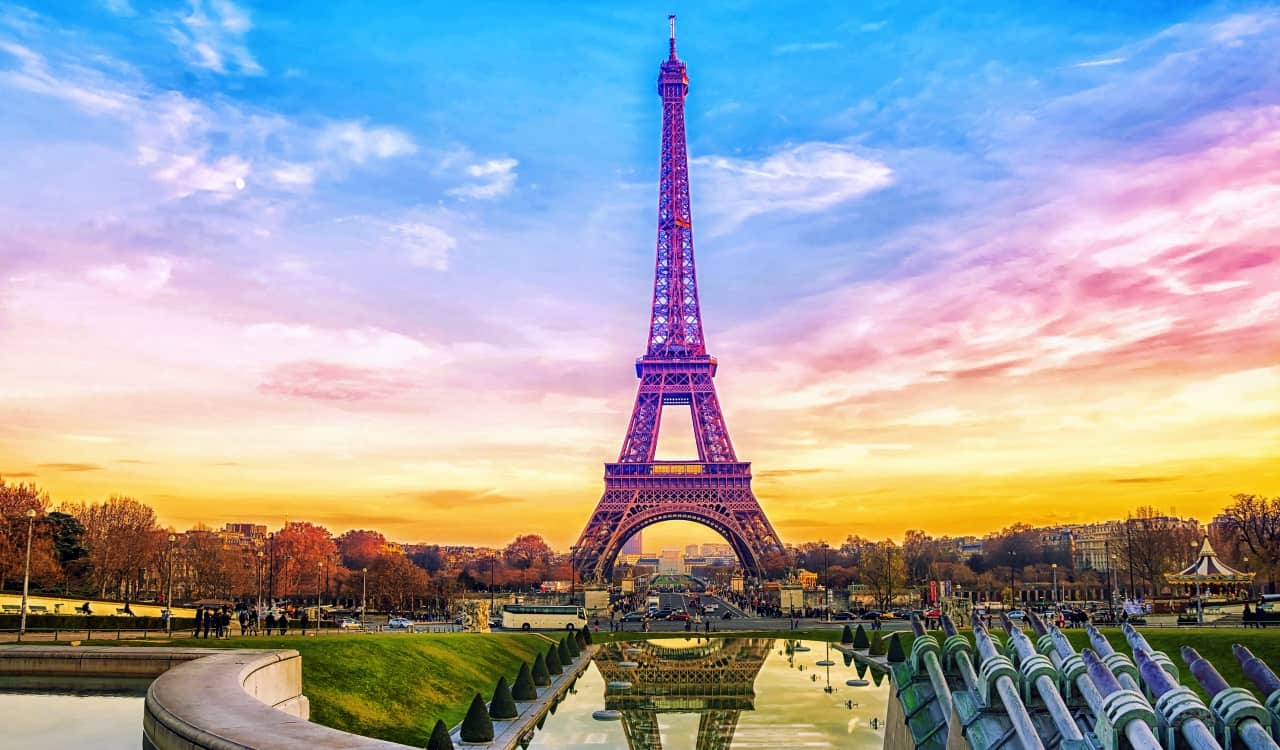
Helped – Paris, France
- Timeline: Present-Day
To be fair to France, they have been one of the most innovative nations on the planet for centuries. They have also been a major asset to the world of science and technology. For example, the very reason we can drink milk without dying from it is due to pasteurization. Invented by the Frenchman Louie Pasteur. The nation produced the very first refrigerator, electric generator, parachute, and mechanical adding machine (calculator). Even today, places like Paris have given us extraordinary technology and big technology has really changed the game for France overall.
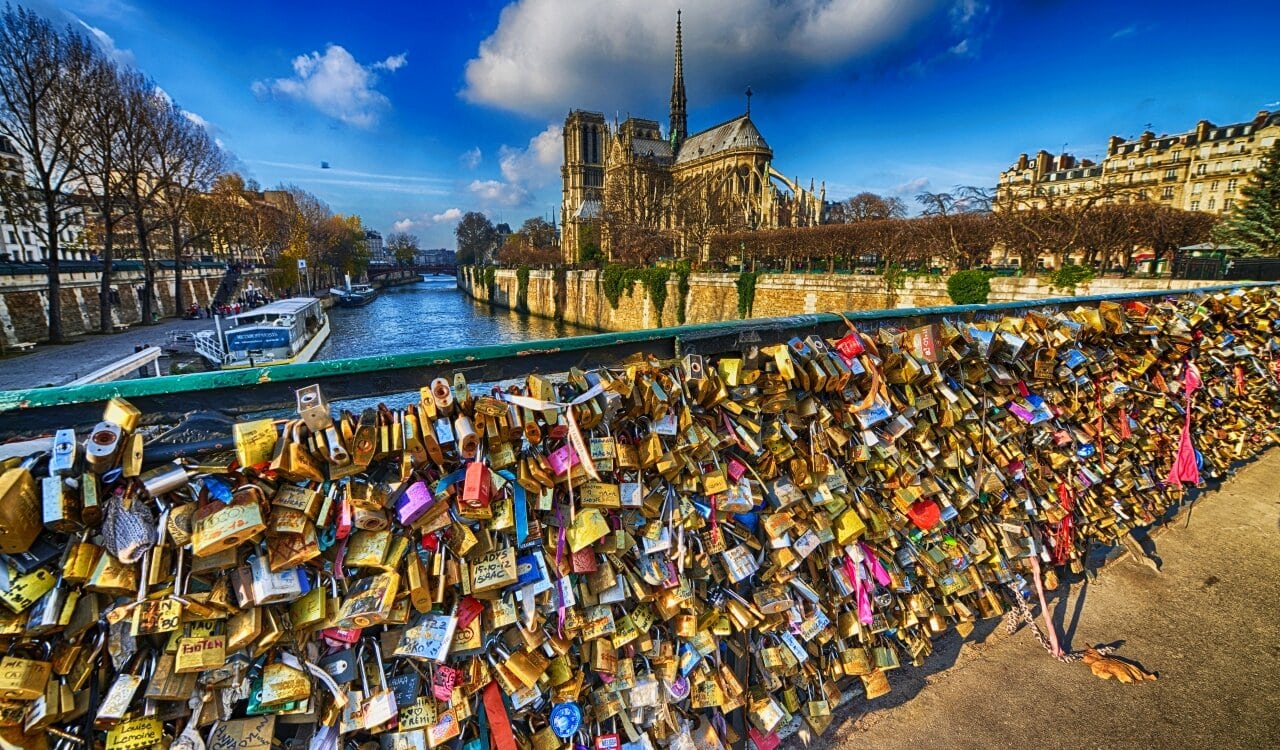
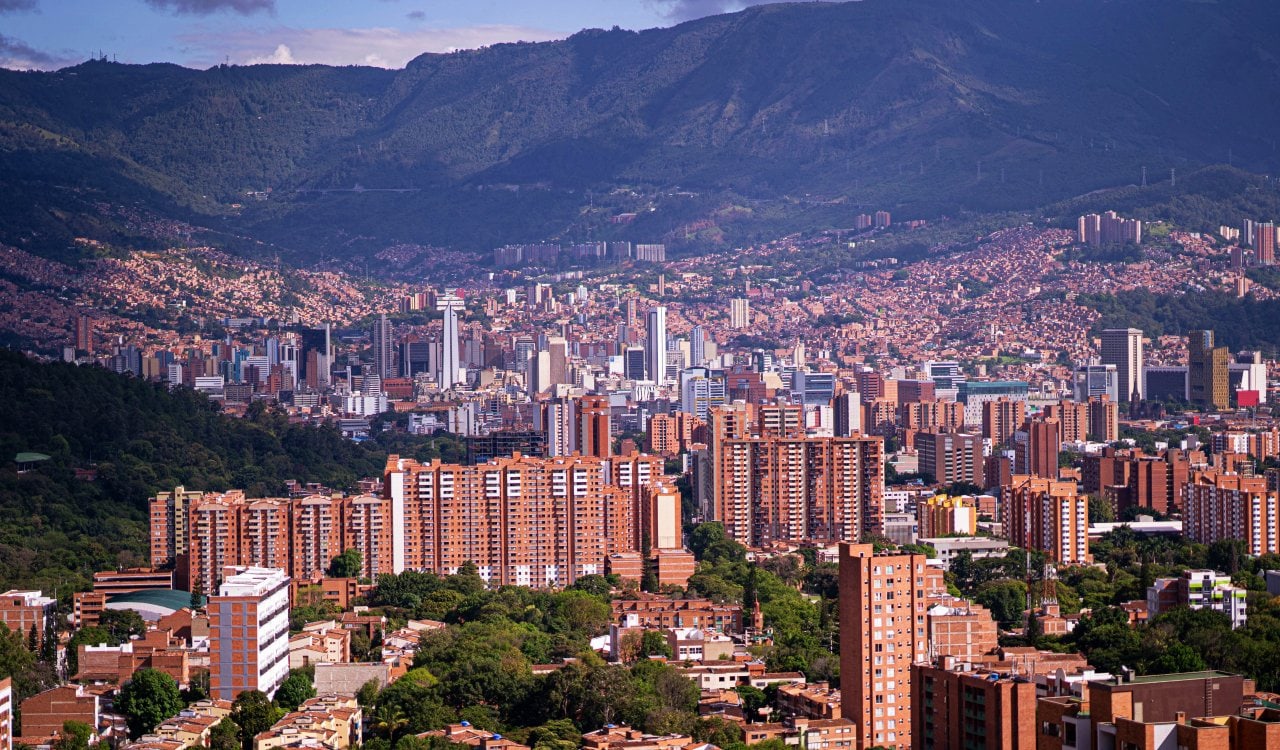
Hurt – Medellin, Columbia
- Timeline: Present-Day
Columbia is well-known for its oil, so much so that it is the only nation from either of the Americas to be part of the infamous OPEC cartel. They put that oil money to good use by investing in technology. That led to their second-largest city, Medellin, becoming one of the most innovative cities on the planet. The city was named the most innovative in 2013 by the Urban Land Institute, a non-profit. By 2019, Medellin became well-known as a “smart city,” due to its high-tech use and technological innovation. This was an impressive turnaround from a city that was once known for being a major home to an infamous drug cartel.
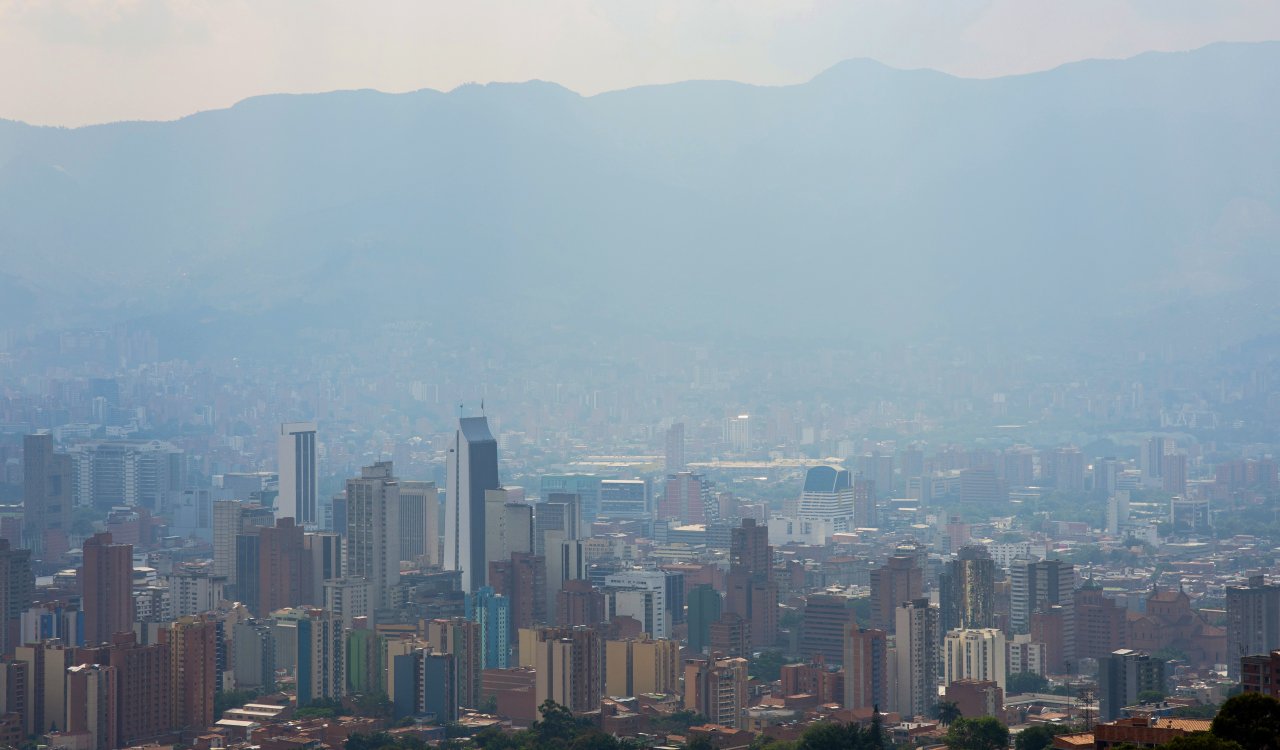
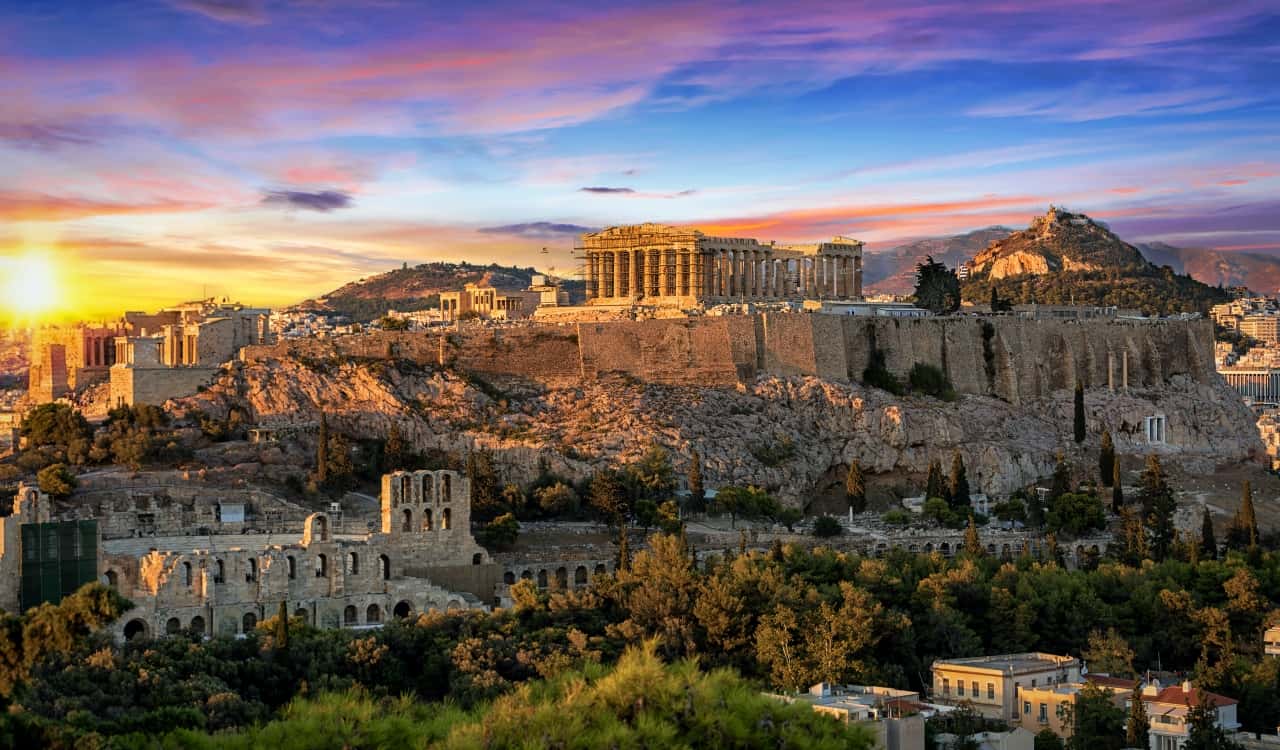
Helped – Athens, Greece
- Timeline: 12th Century BCE to 600 AD
It should be noted that we’re discussing ancient Greece here. While some might assume we’d use Alexandria in this territory, this city happened to be more Egyptian than Greek. It was even the Egyptian Capital for years. That said, Athens was the place where so many major things began that we still use today. Things like democracy, philosophy, and much more. Yet they are also responsible for the first known use of streets, truss roofing, showers, as well as the first clock tower and alarm clock overall.
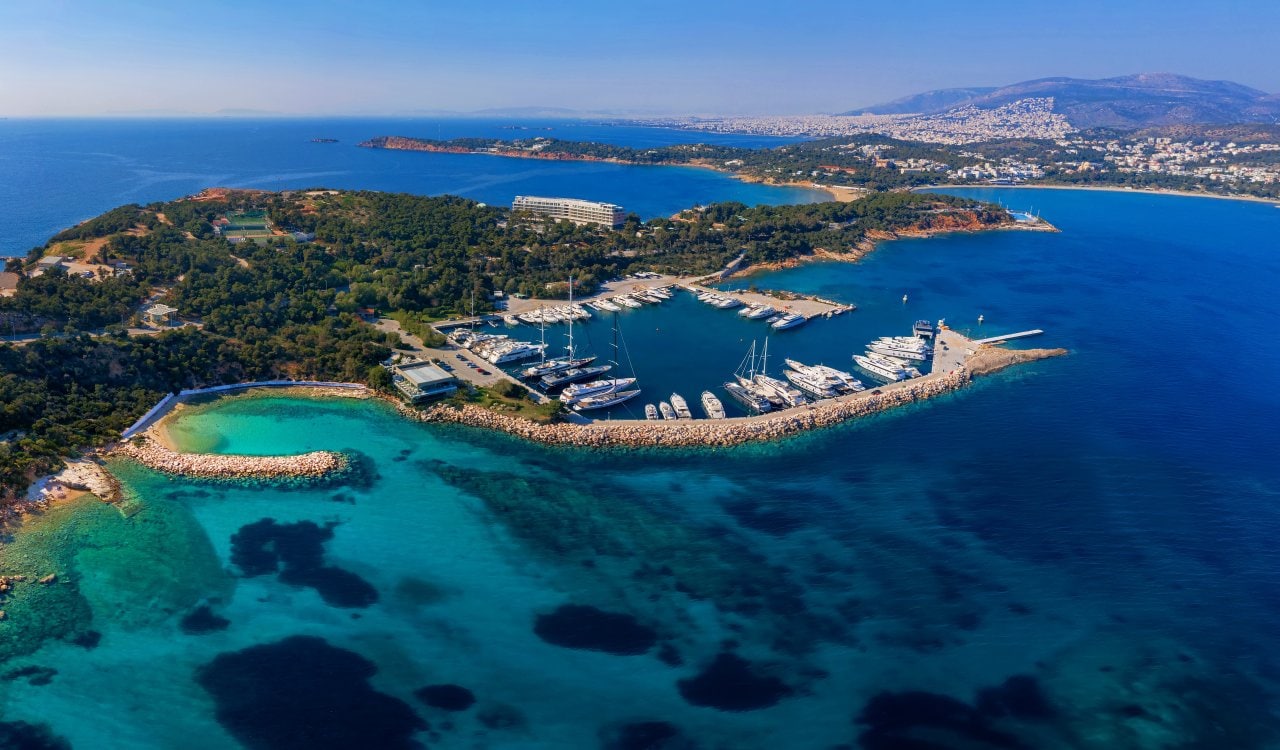

Hurt – Karachi, Pakistan
- Timeline: Present-Day
Let’s first be fair to Pakistan for all the good they have done. In the medical field, Pakistani neurosurgeon Ayub K. Ommaya invented The Ommaya Reservoir. This is a system for the delivery of drugs like chemotherapy into the cerebrospinal fluid as a treatment for brain tumors. Meanwhile, developer Faisal Kashif invented a non-invasive technology that monitors intracranial pressure. Pakistan has become a huge asset to the medical field, especially the city of Karachi. The city is home to several medical professionals and engineers. Software engineers alone have helped Karachi become a major power in the information technology field worldwide.
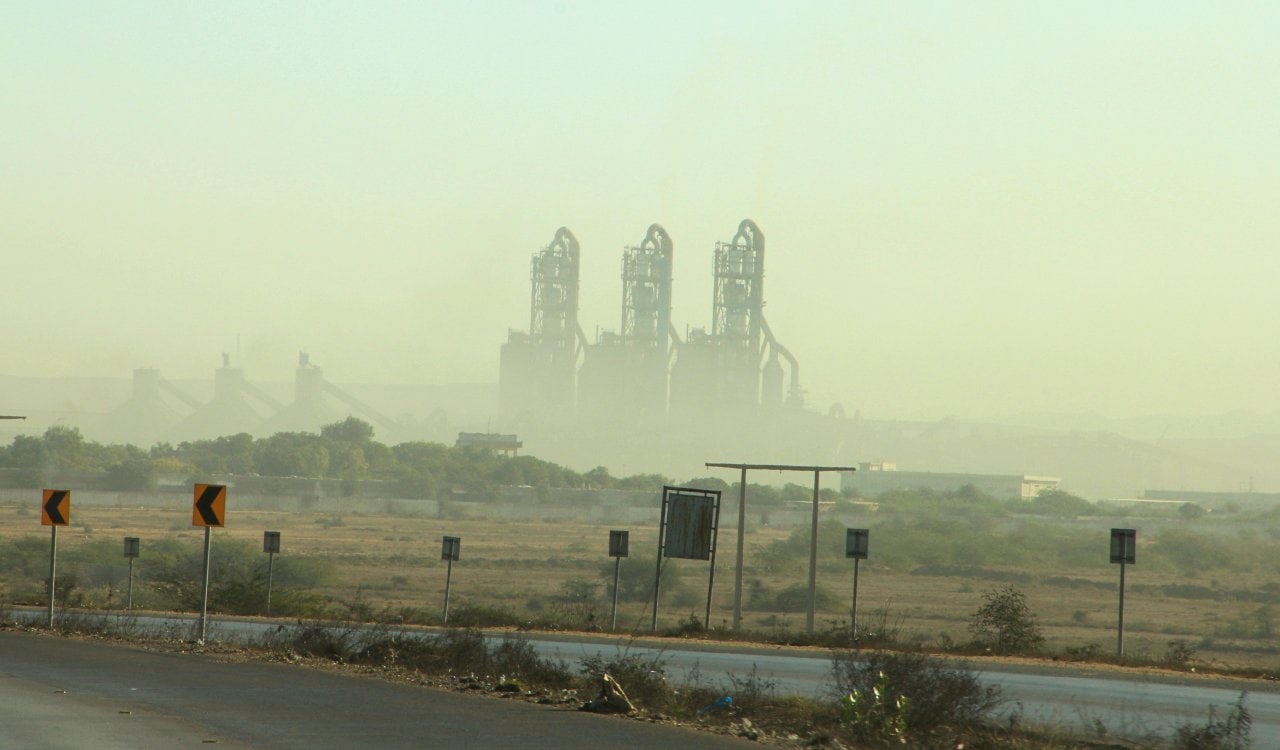
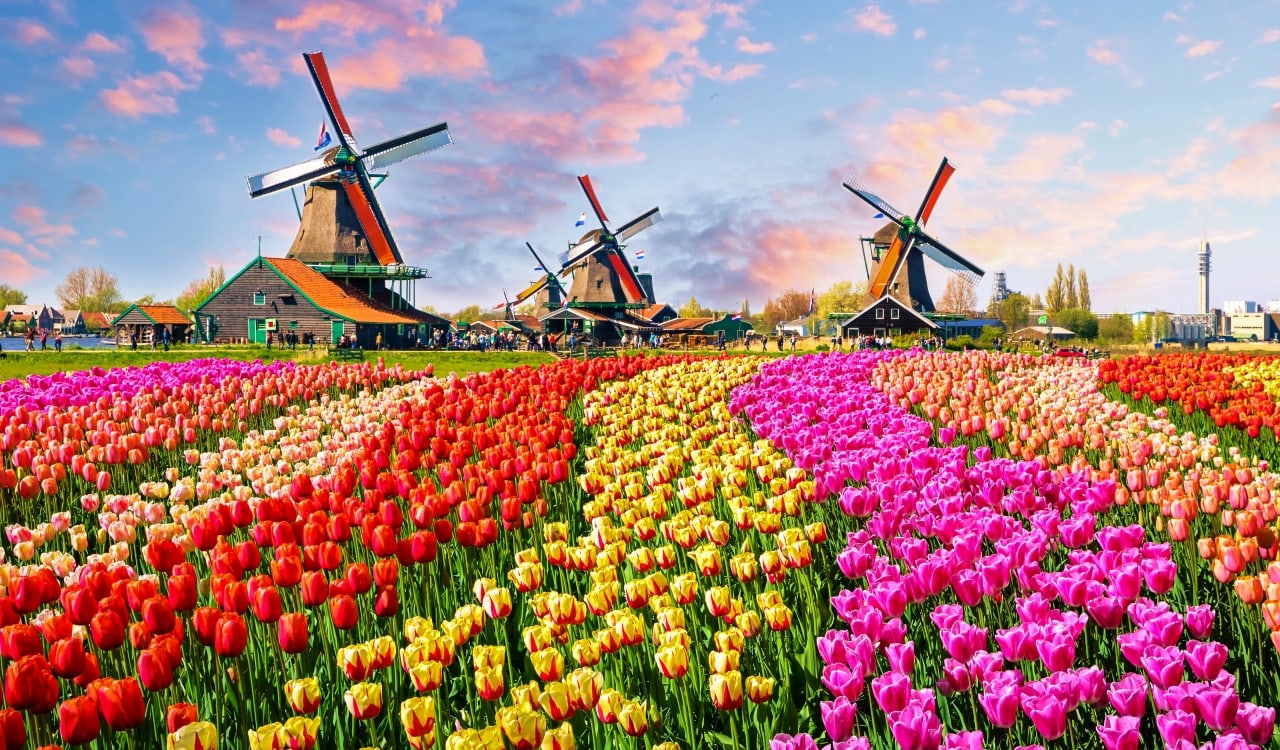
Helped – Amsterdam, Netherlands
- Timeline: Present-Day
The city of Amsterdam in the Netherlands is well-known for its belief that nearly everything should be legalized. However, it is also now known as one of the most innovative cities on the planet. In fact, they won the European Commission’s iCapital Competition in 2016. The panel of independent experts judged nine cities based on four main categories. Those were governance, economics, social inclusion, and quality of life. They won on the basis that Amsterdam provides a great climate for start-ups and a nice sharing economy that allows a bottom-up approach. Thereby giving rise to smart growth, livability, and digital social innovation


Hurt – Seoul, South Korea
- Timeline: Present-Day
While South Korea is absolutely amazing, there are many issues that technology has brought to the region. Let’s first dive into what the nation has given the world outside of its infamous K-Pop music. They have provided speedy software for braille translation, an infection control robot, wrap-around movie screens, flexible screen televisions, and innovative smart glass technology that uses augmented reality software. Seoul is the capital of the nation and home to pretty much all of South Korea’s most important companies. Samsung Electronics, LG Electronics, Hyundai Motor, and Kia Motors are among their most notable corporations.
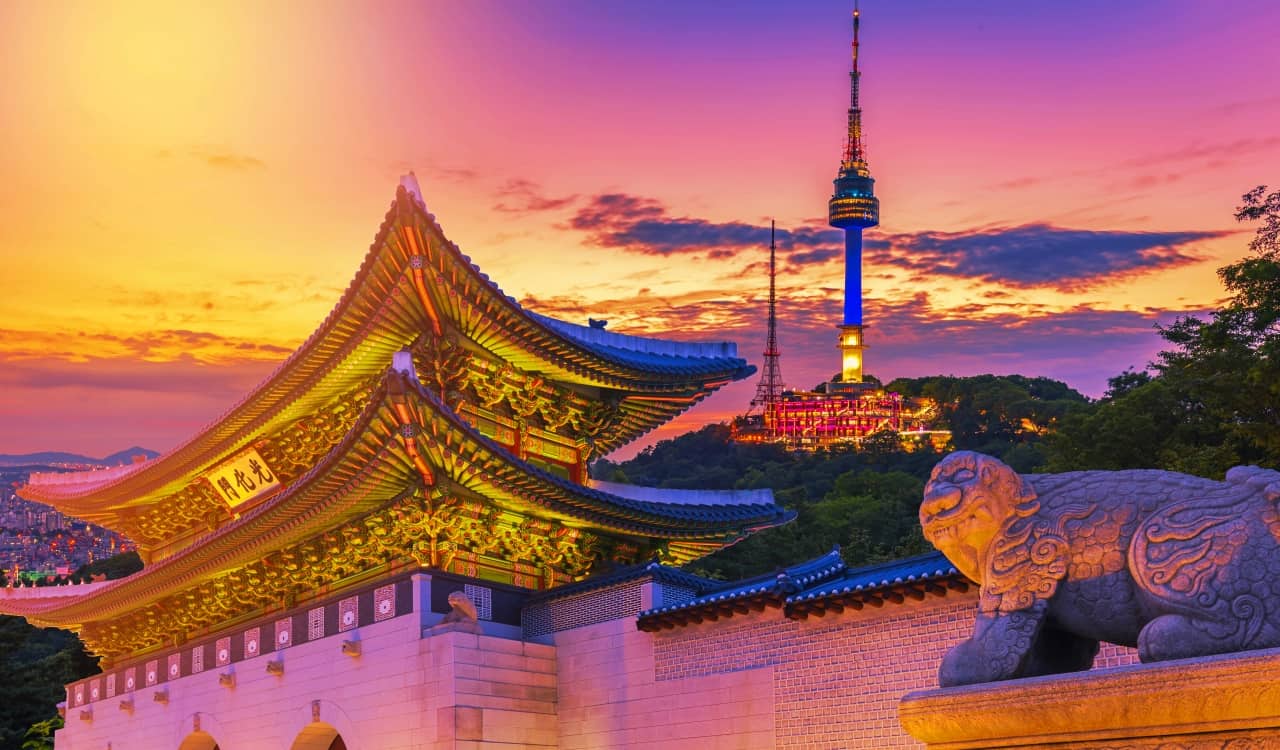

Helped – Taipei, Taiwan
- Timeline: Present-Day
While Taiwan has essentially been annexed by China, it is technically part of the 168 island territories connected to the free Republic of China. It made sense that the Chinese would want to bring Taiwan into the fold, as they have been a massive part of trading for decades. Big technology corporations from all over the world would come through their ports. This led to the decision to put some industrial centers as well as corporate offices there. In 2021, Taiwan was even ranked 8th out of 64 economies in the World Competitiveness Yearbook. How did they manage to become such a successful economy on a small island like this?
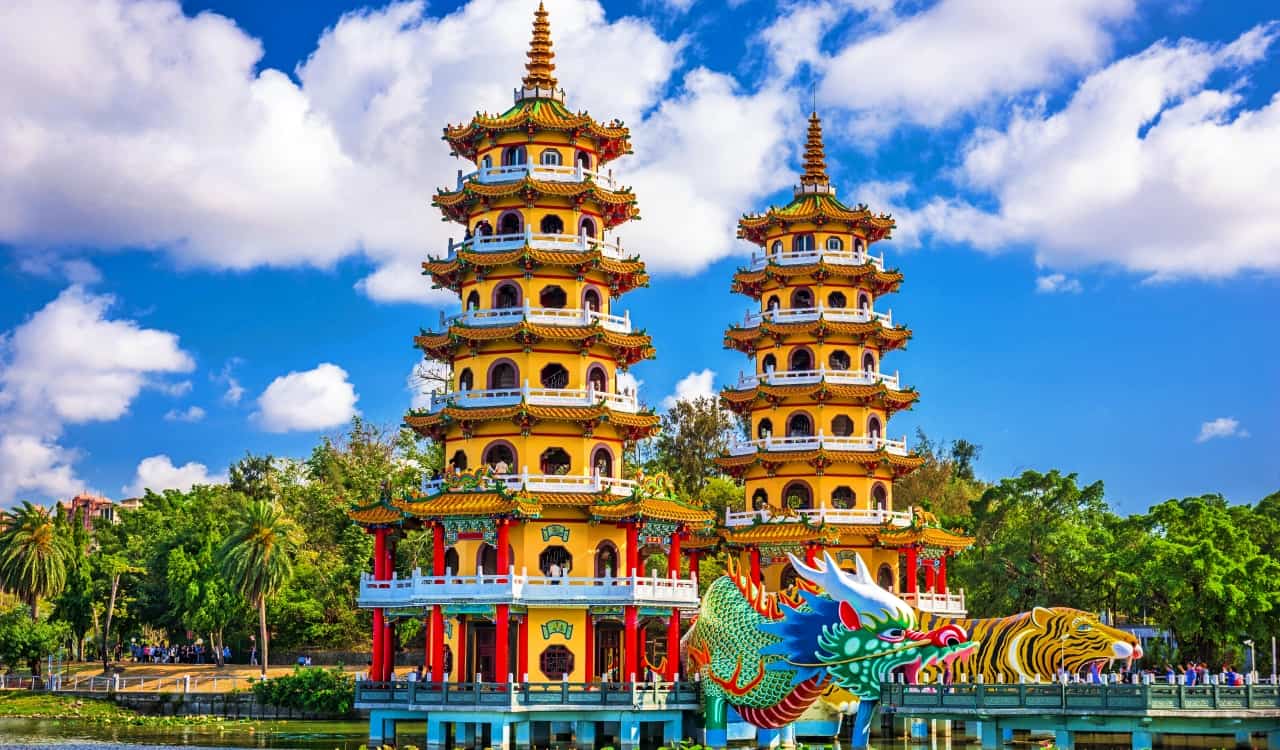

Hurt – Rio de Janeiro, Brazil
- Timeline: Present-Day
Rio de Janerio is a very well-known city in Brazil that has been a big part of South American history for centuries. Brazil managed to gain its independence in September 1822. However, the region was relatively poor for decades following this. By the 1870s, several Brazilian cities had textile factories among other industrial sectors. Yet this did not solve their issues, rather, it was their decision to focus on agriculture. Yet their focus on better forms of trade also helped them a lot. For example, even though they were a big economy by 1950, they ended up cutting their 32% tariff rates to just 14% by 1994 and saw rapid growth in trade.
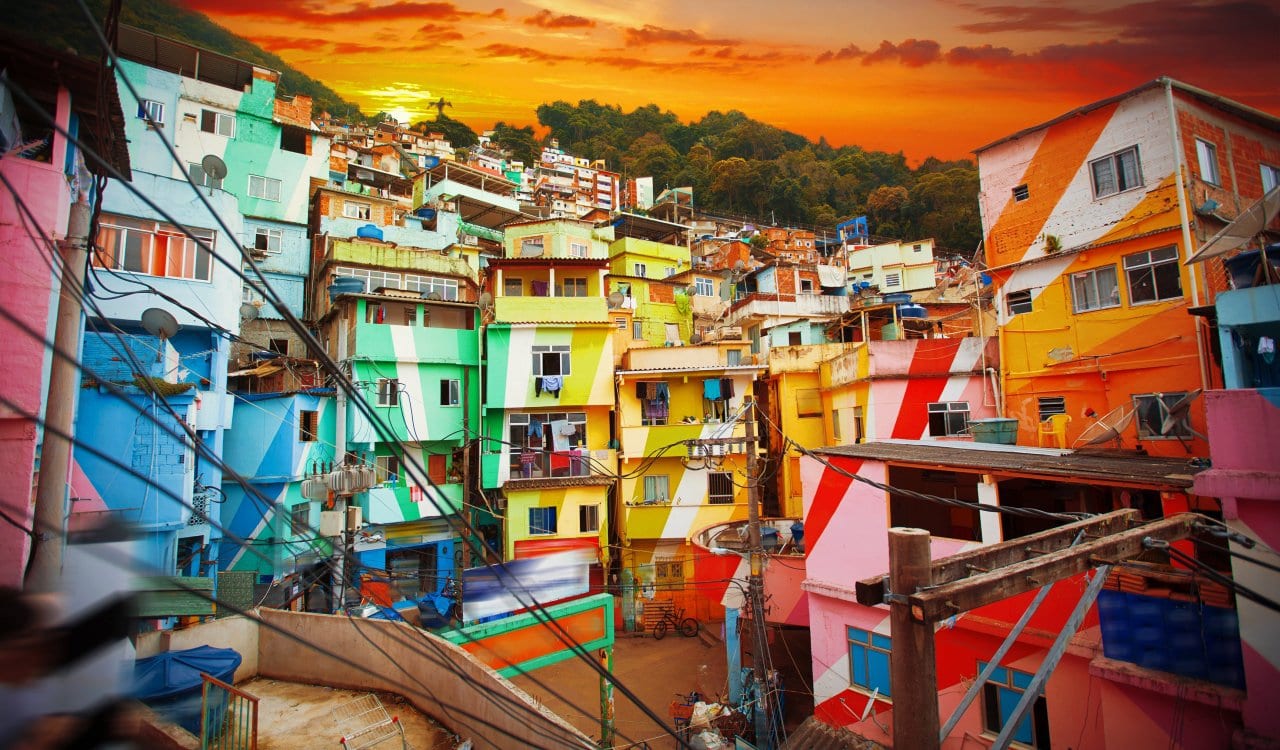
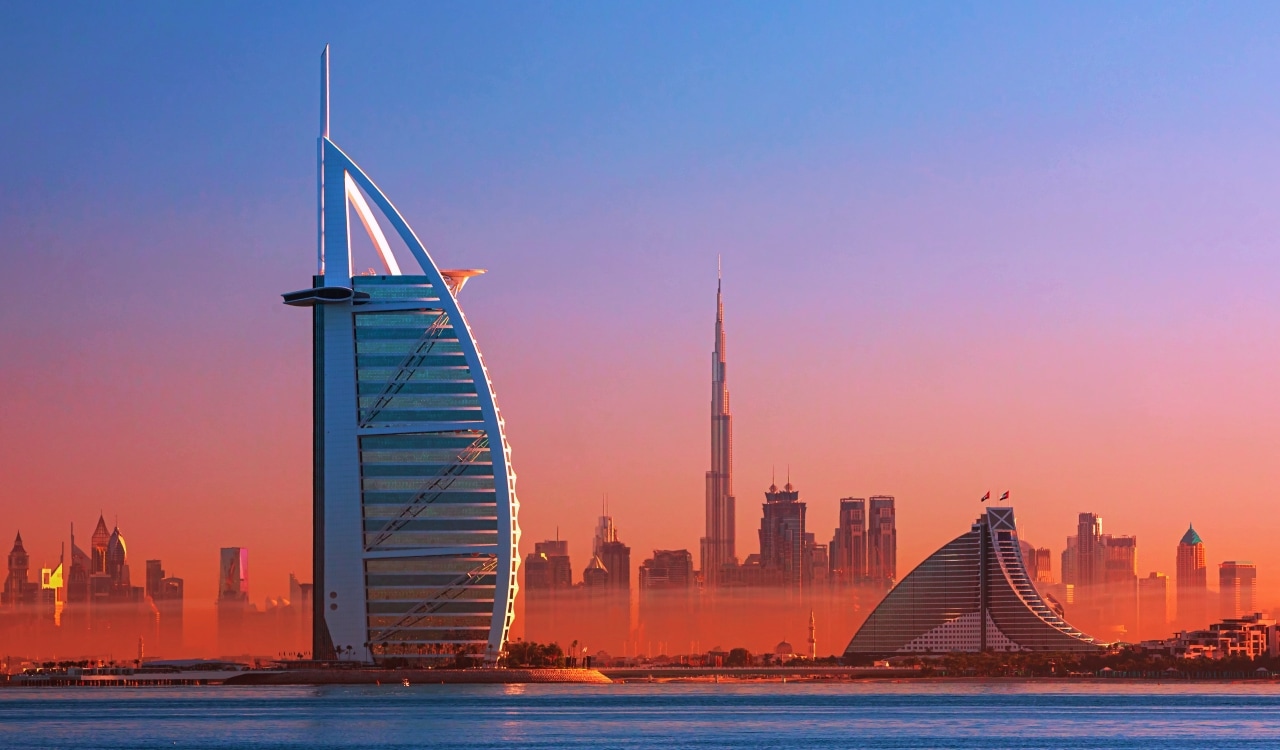
Helped – Dubai, United Arab Emirates
- Timeline: Present-Day
Dubai is part of the United Arab Emirates, it is not only the most populated city in the region but also the capital of the Dubai Emirate. Initially, the region was just considered a small fishing village in the 18th Century but it managed to grow rapidly for various reasons by the 1900s. Dubai began to focus on becoming more westernized, allowing the nation to grow as a major luxury and tourism location. In fact, they currently have the second most five-star hotels on the planet and they are home to the largest building standing today, the Burj Khalifa. It stands 829.8 meters or 2,722 feet tall.
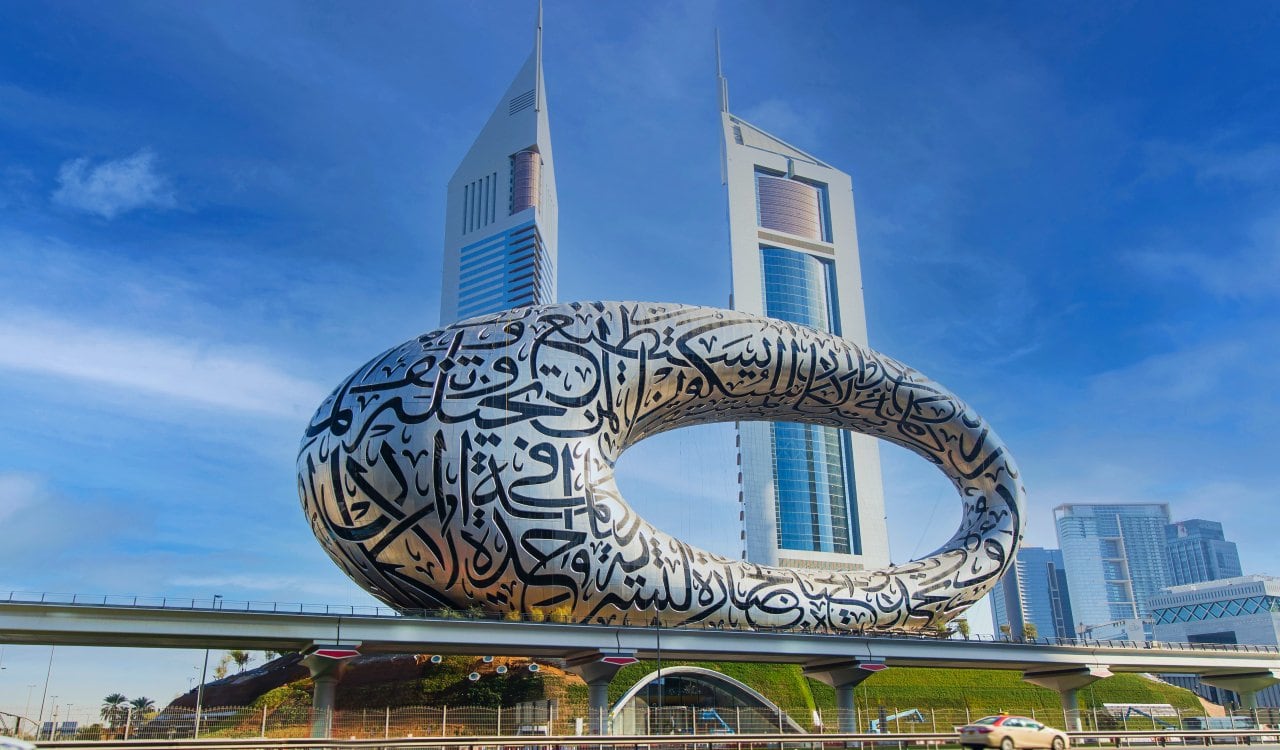
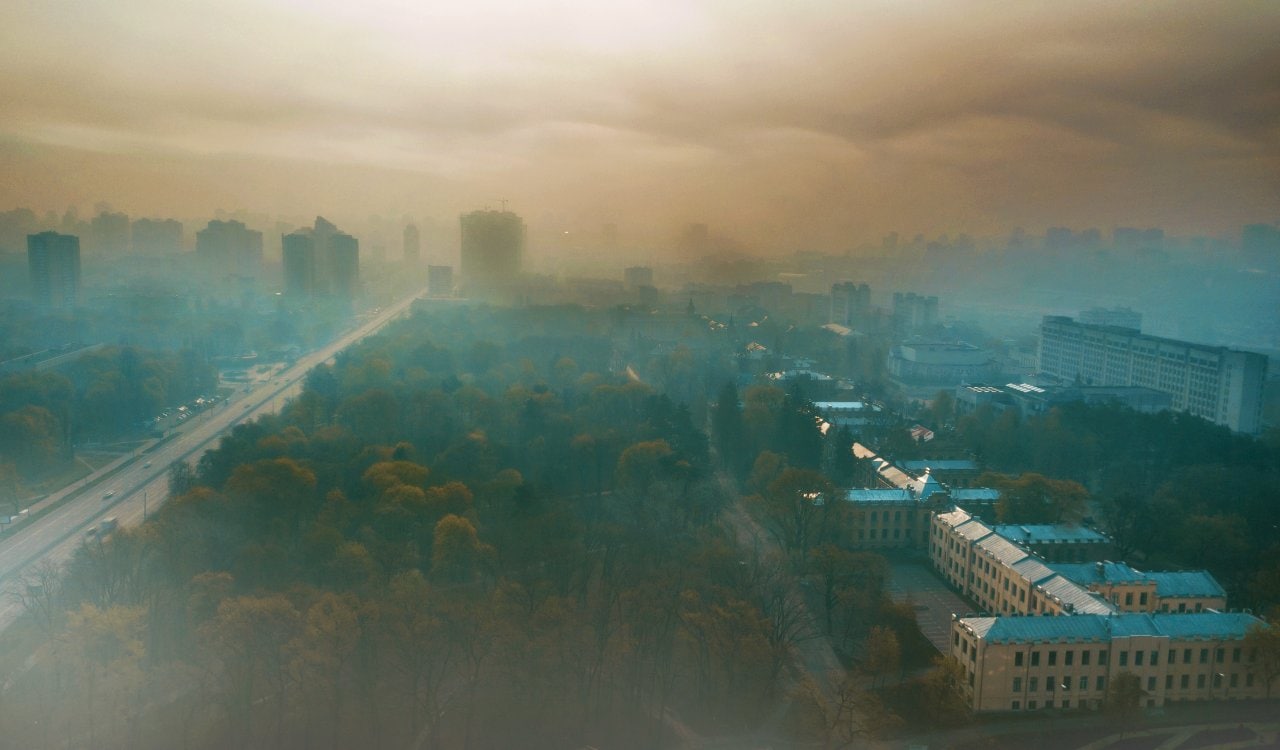
Hurt – Kyiv, Ukraine
- Timeline: Present-Day
Sadly, Ukraine is still technically in a war with Russia. Yet, in spite of the Russian issues they have been dealing with over the years, Ukraine has been a major nation in terms of technology in Europe. Their information technology is world-class, allowing them to stand out heavily. This includes major developments in the world of artificial intelligence, cybersecurity, big data management, e-commerce, and even gaming. Ukraine is also one of the few nations to really push blockchain initiatives in an effort to further build the world of digital currency. That is on top of some incredible nanotechnology they’ve been developing.

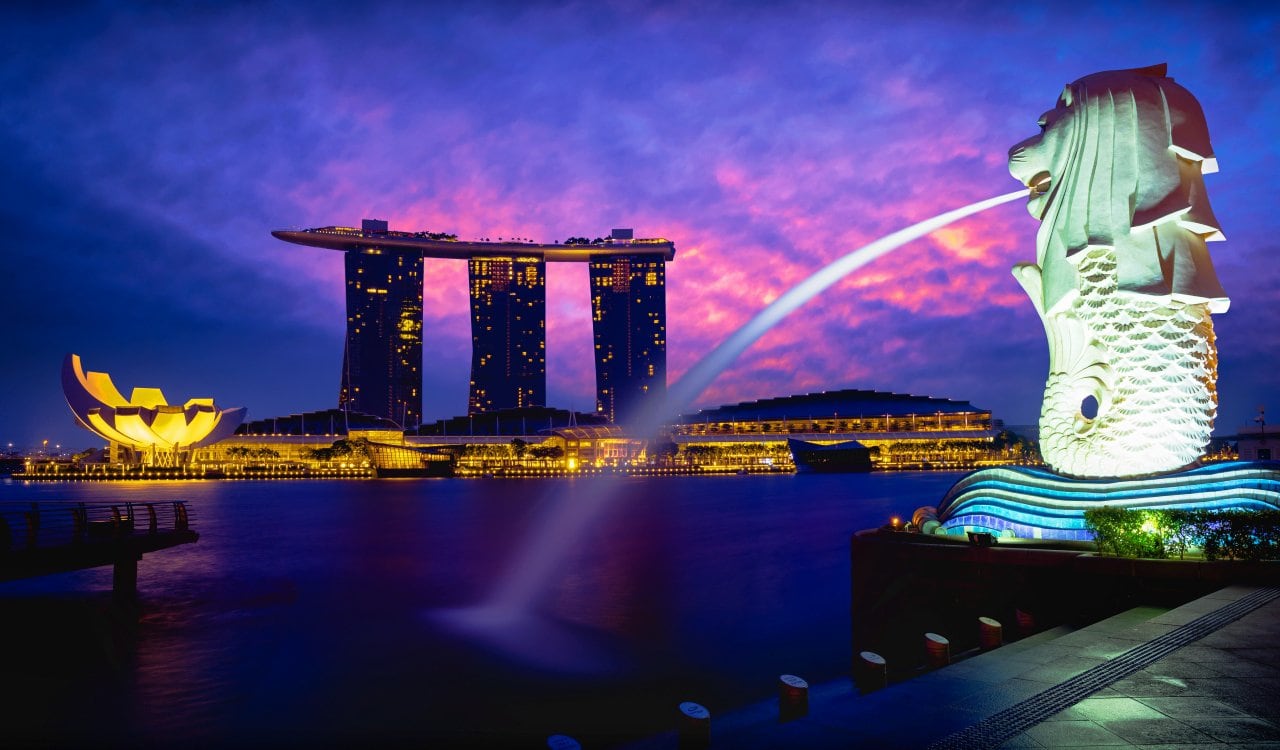
Helped – Singapore, Republic of Singapore
- Timeline: Present-Day
We must admit, seeing little Singapore rise up and become one of the most innovative big technology nations was a surprise for us. However, we do love seeing it for them. The nation has become a wonderful place for technology start-up companies too. The country has a great ecosystem for this sort of thing. It’s also important to note that this is one of the most wired nations on the planet. These people are big-time tech users and that has led to great development in the information technology territory. It was found in 2020 that Singapore’s broadband penetration rate was 173.2% while mobile penetration went as high as 148.2% here.


Hurt – Qatar
- Timeline: Present-Day
Interesting how we could go from one oil-rich nation to another with the same potential – yet one went down a much darker path. We should all know the story by now regarding the absolutely horrific human rights violations against Qatar. If you’re not aware, years ago Qatar essentially bought the rights to host a FIFA World Cup event. The corruption in the FIFA leadership was obvious before this but even bigger then. Nations are awarded these rights several years in advance to give them time to fix up their nation to host. Qatar bought its way into the 2022 hosting opportunity.


Helped – Budapest, Hungary
- Timeline: Present-Day
Hungary was once much bigger than it is now. In fact, they were part of the Ottoman Empire which did not die off until around the year 1700. The Habsburg dynasty began to rule it after that and eventually merged it with the Austrian Empire to become the Austro-Hungarian Empire. This empire collapsed after the Treaty of Trianon following World War I though. Many European powers began to experience huge economic issues following the war, Hungary included. However, they were forced to essentially work with the Soviet Union and took on a major debt with them. Yet with a focus on land development, agriculture, and industry, the nation bounced back.
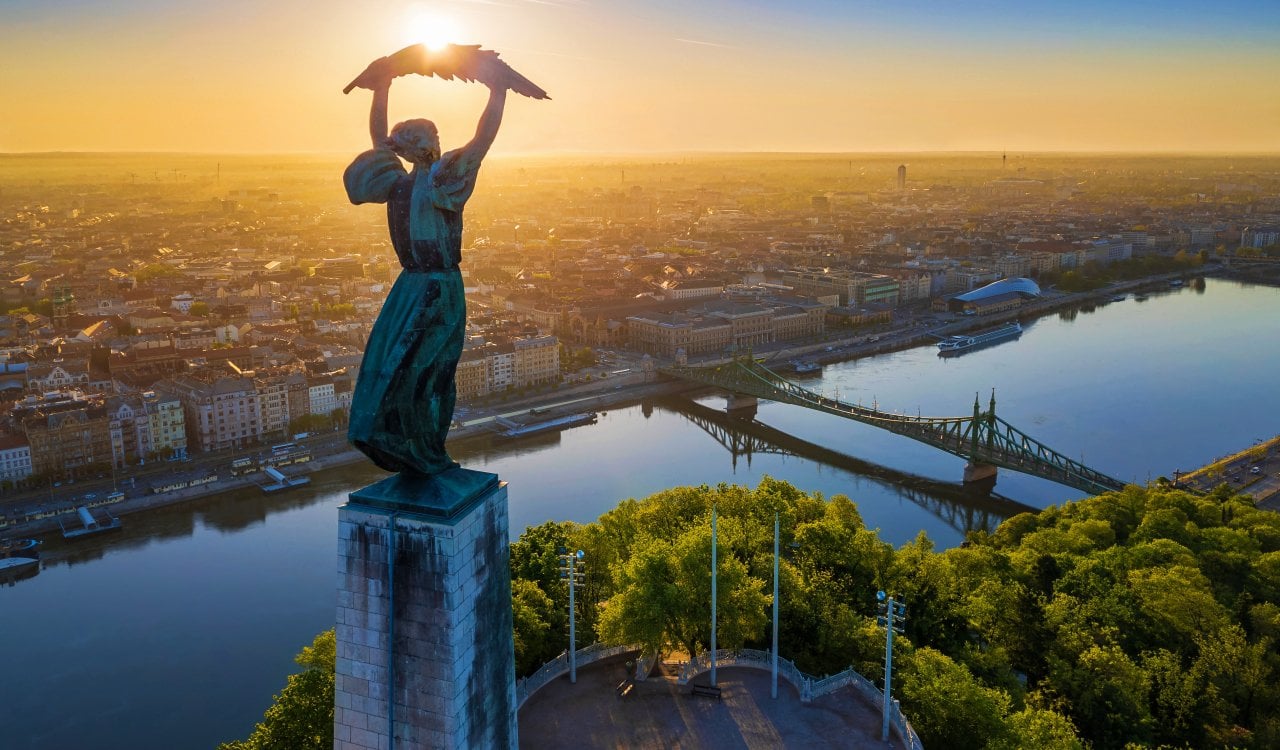
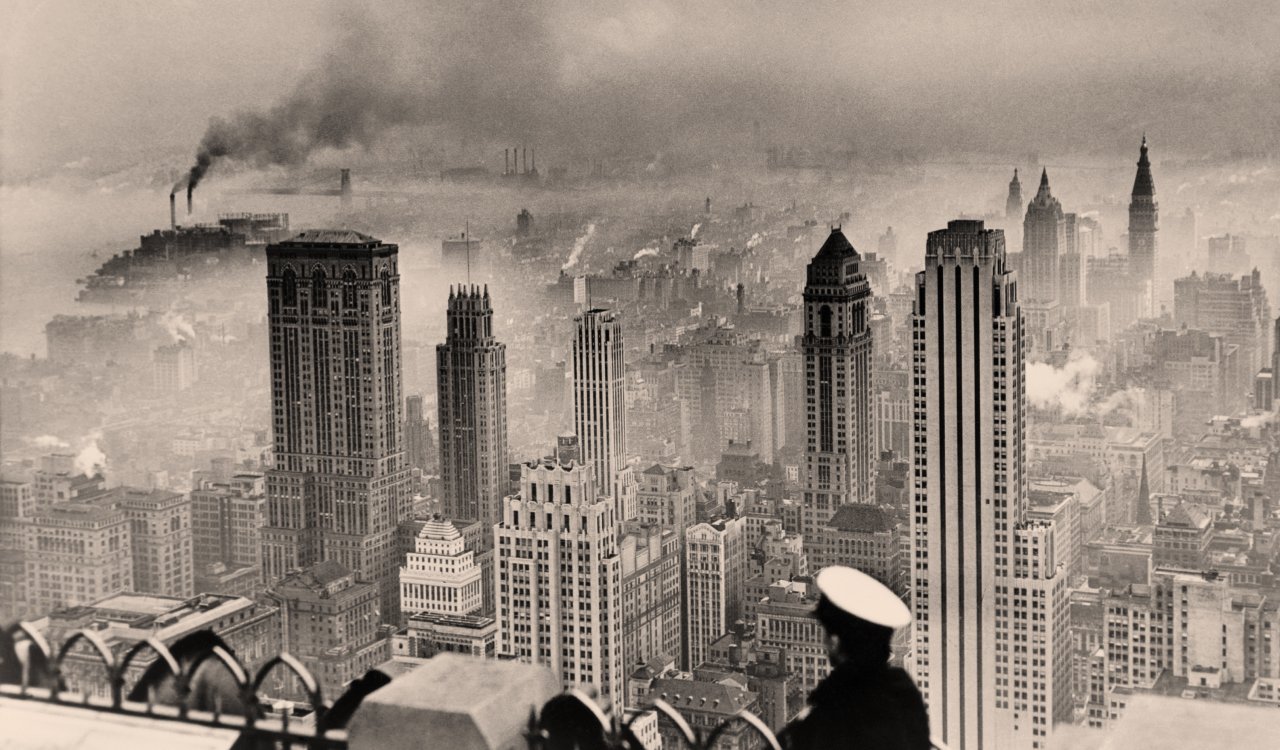
Hurt – New York City, United States of America
- Timeline: Industrial Revolution (18th to 19th Century)
The Industrial Revolution often seems to be connected to Europe, but the U.S. had its own industrial revolution period too. Places like New York City managed to become major places for trade and employment. As employment opportunities came, people needed to move closer to these cities. Which then forced the need for housing. That housing led to the ability to plant more businesses. Things grew and grew, which was amazing for New York. The railroad system became an even bigger need for not just making it to town, but all around it too. The automobile became a huge part of daily life over traditional horses or horse and buggy combo.
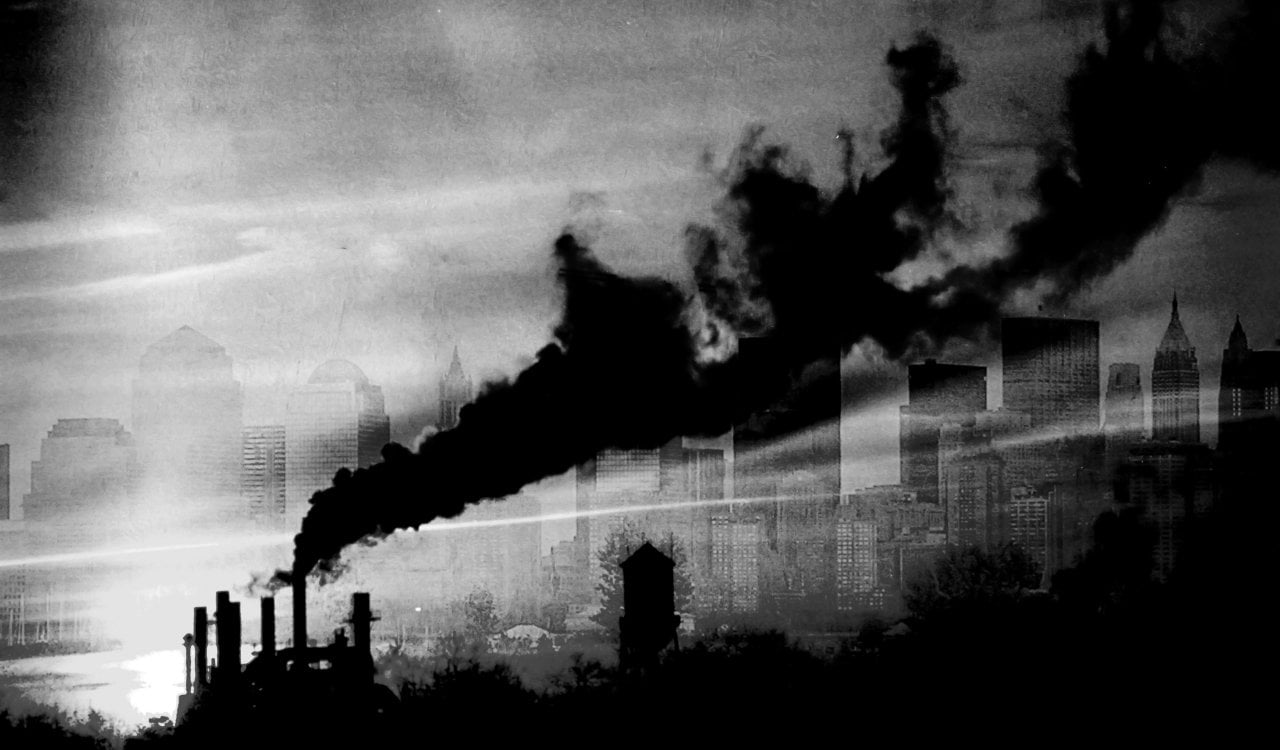
In some ways, one might assume all of this innovation in the city would make things better. In reality, the population grew so much that things like trains and automobiles were all over the place. The fumes they emitted were horrible, yet factories popping up all over the city of New York led to even more harmful air pollution. The 1966 Smog in New York became national news, as New York and much of the East Coast were hit hard by harmful pollutants in the air. This forced then-U.S. President Lyndon B. Johnson and Congress to pass the 1967 Air Quality Act and 1970 Clean Air Act. Which helped us cut down on pollution, saving New York.
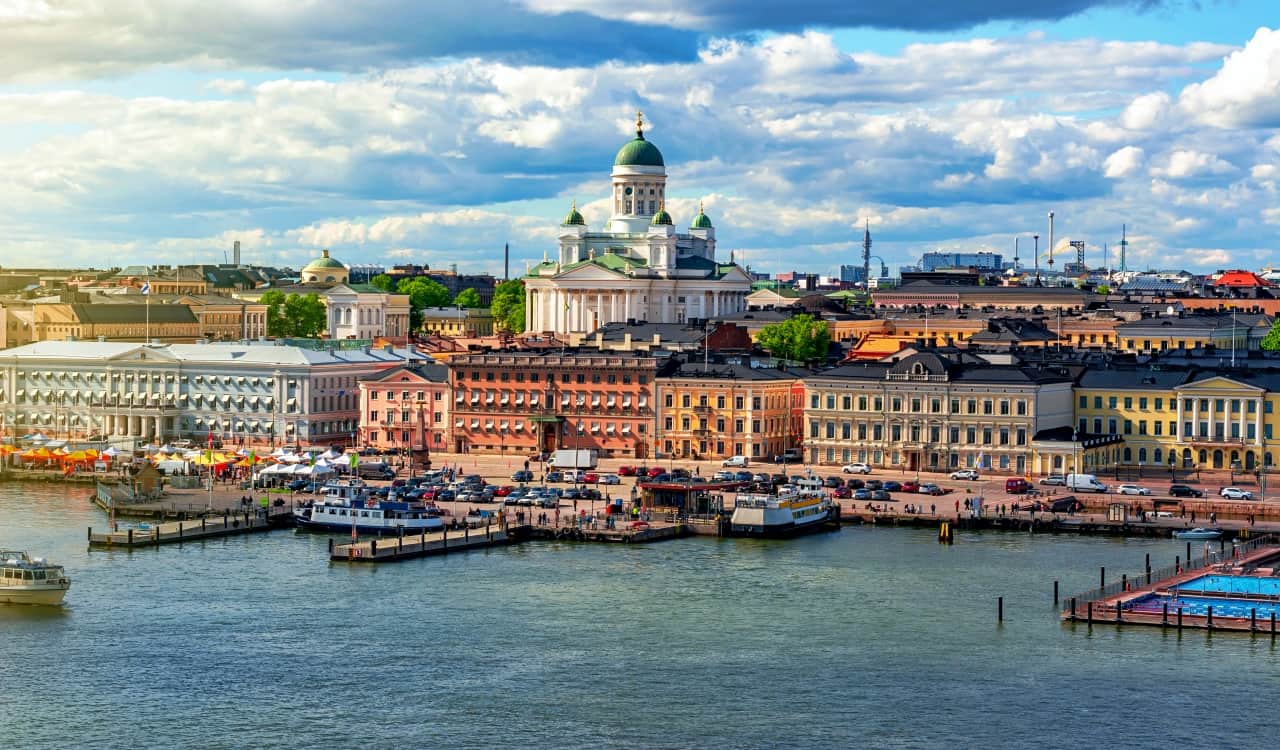
Helped – Helsinki, Finland
- Timeline: Present-Day
Finland is a beautiful country with one of the best education and criminal justice systems on the planet today. This country has been connected to the technology world for a while now too. In fact, right now at least half of all Finnish GDP is connected to the big technology companies within the nation. It seems they are able to succeed here due to exporting literally tons of technology per year. Plus, Finland is home to more working researchers and engineers per capita than any other nation. Most of them work out of Helsinki, the nation’s capital. Finland conducts a lot of biotechnology research and has major industrial work here.
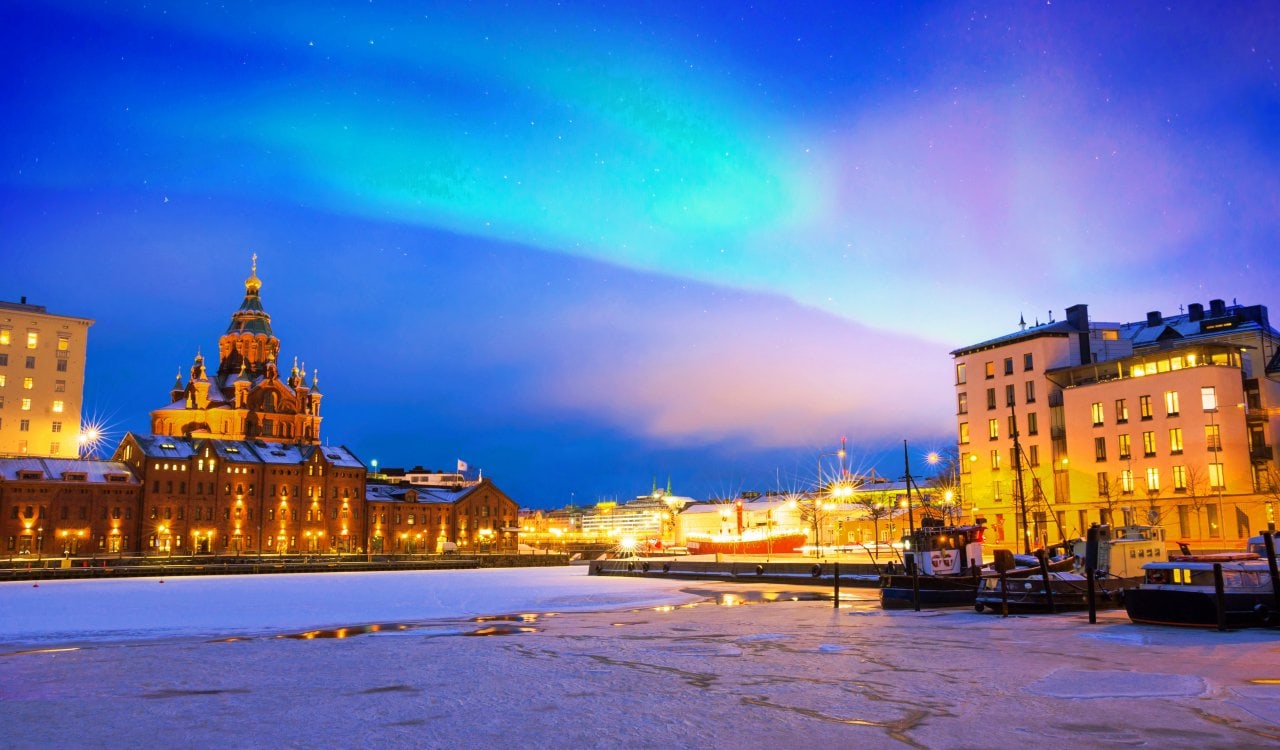
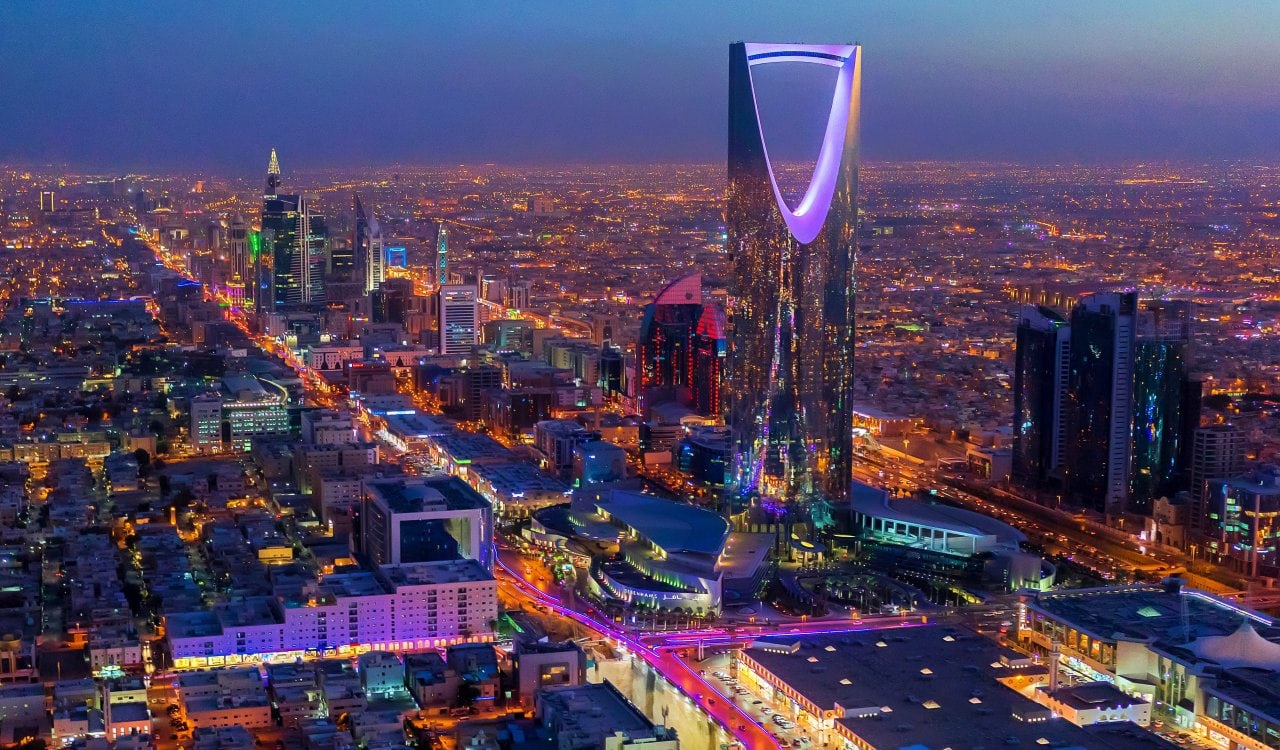
Hurt – Riyadh, Kingdom of Saudia Arabia
- Timeline: Present-Day
Saudia Arabia is well-known as a very oil-rich nation, heavily connected to human rights violations. They were also said to have paid for several different attacks around the world, even being linked to America’s 9/11 tragedy. The problem is that oil will eventually stop flowing in the Middle East and the Saudia Arabian monarchy knows it. Thus, Crown Prince Mohammed bin Salman moved for his father to consider investing in technology and adopting similar opportunities for women seen in places like Dubai. To be fair, women have seen more rights open up. At one point, they also had deals with several big technology corporations from all over the world.

Yet the death of outspoken journalist Jamal Khashoggi, for which the monarchy was directly responsible, led to those tech companies pulling away. Their capital, Riyadh, is still filled with major technological innovation though. Some of their technology has also been related to weaponry in Riyadh, and human rights still aren’t great here compared to even other Middle Eastern nations. In spite of this, they will become a global leader in digital tech soon. They are already working on artificial intelligence, Internet of Things (IoT), Blockchain, Big Data, Machine Learning, and Robotics. The city also has 5G across most of the public and private sectors too.
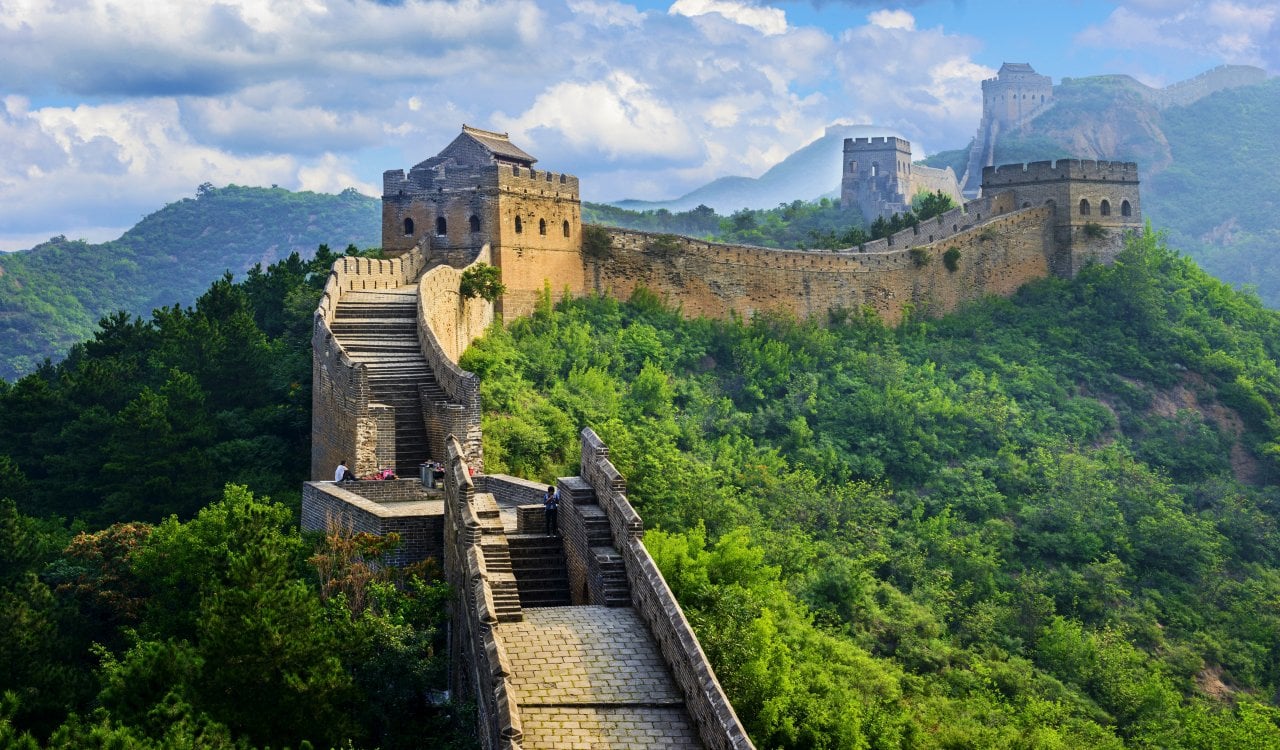
Helped – Beijing, Ancient China
- Timeline: 1045 BCE to 1600 AD
Ancient China benefitted heavily from its use of technology. Of course, many will claim Ancient China is quite a long time period. During this time, they’d invent things like the compass, papermaking, printing overall, gunpowder, and even fireworks. Beijing was founded around the time many of its biggest inventions and much of its culture began. The Zhou Dynasty made it a major city beginning in 1045 BCE. Yet the Forbidden City would not become China’s capital city until 1279 AD. Of course, one of the biggest things the nation is known for is its infamous Great Wall.
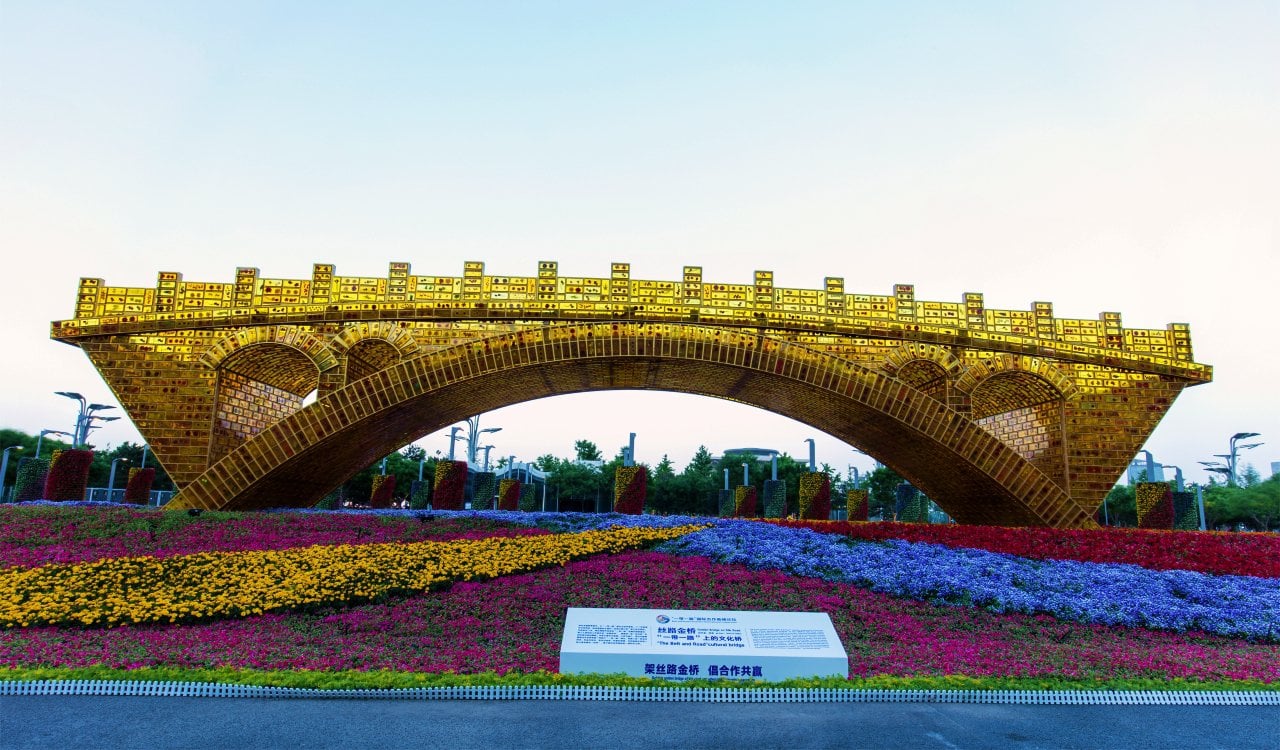

Hurt – Istanbul, Turkey
- Timeline: Present-Day
Anyone who knows about the nation of Turkey will tell you that things have been difficult in the region for many years. Therefore, we cannot blame any big technology companies or tech itself for every problem they have faced. While it is not the capital city, Istanbul (previously Constantinople), was a great city filled with amazing trade for decades. In fact, some early major technology in the Middle East came through there or was built by those in the city. After Turkey earned its independence, it changed the name of the city to what we see today.
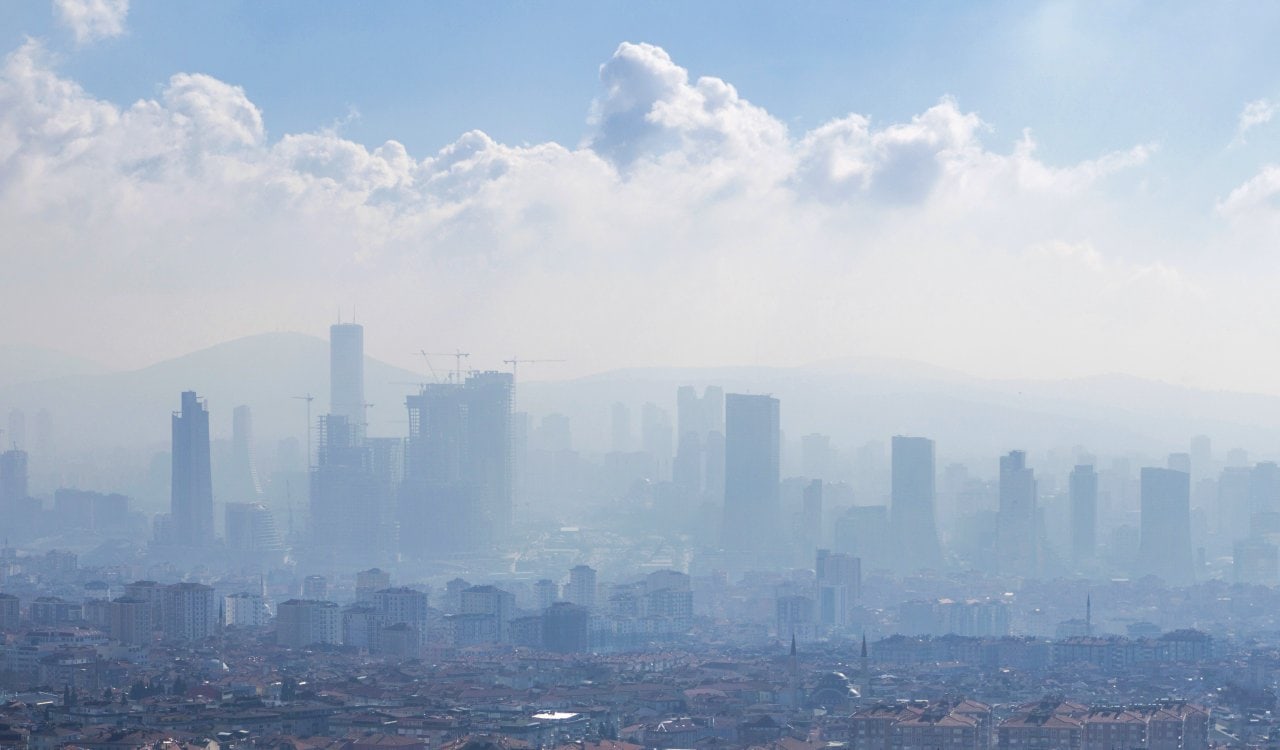
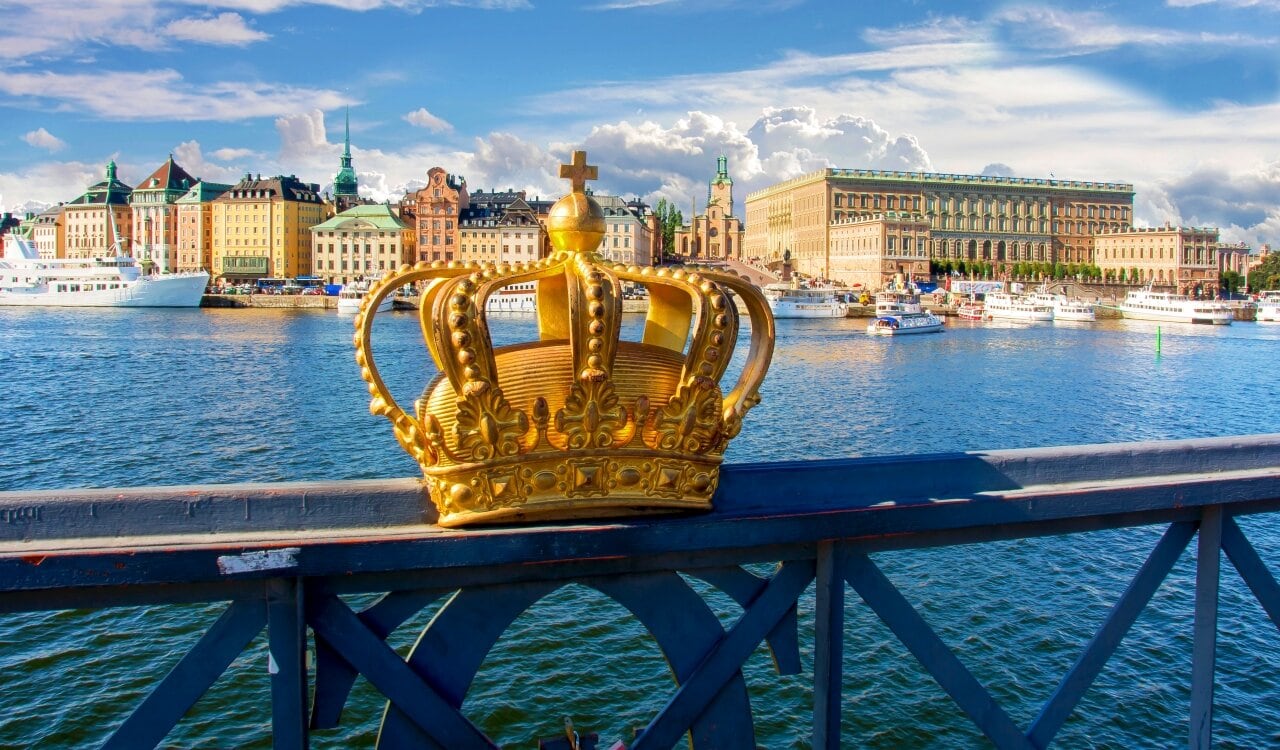
Helped – Stockholm, Sweden
- Timeline: Present-Day
Sweden is a lovely nation filled with amazing technology. In fact, the nation is one of the most technologically advanced and innovative territories in the world. It is well known how crucial Sweden has been to scientific research, but they also rank highly in scientific development too. The Swedes are responsible for inventing things like the three-phase motor, self-aligned ball bearing, and much more. If that is not enough, they also produce an impressively skilled and educated workforce. This could be why they were able to rank 7th in the world in the 2021 Global Innovation Index.

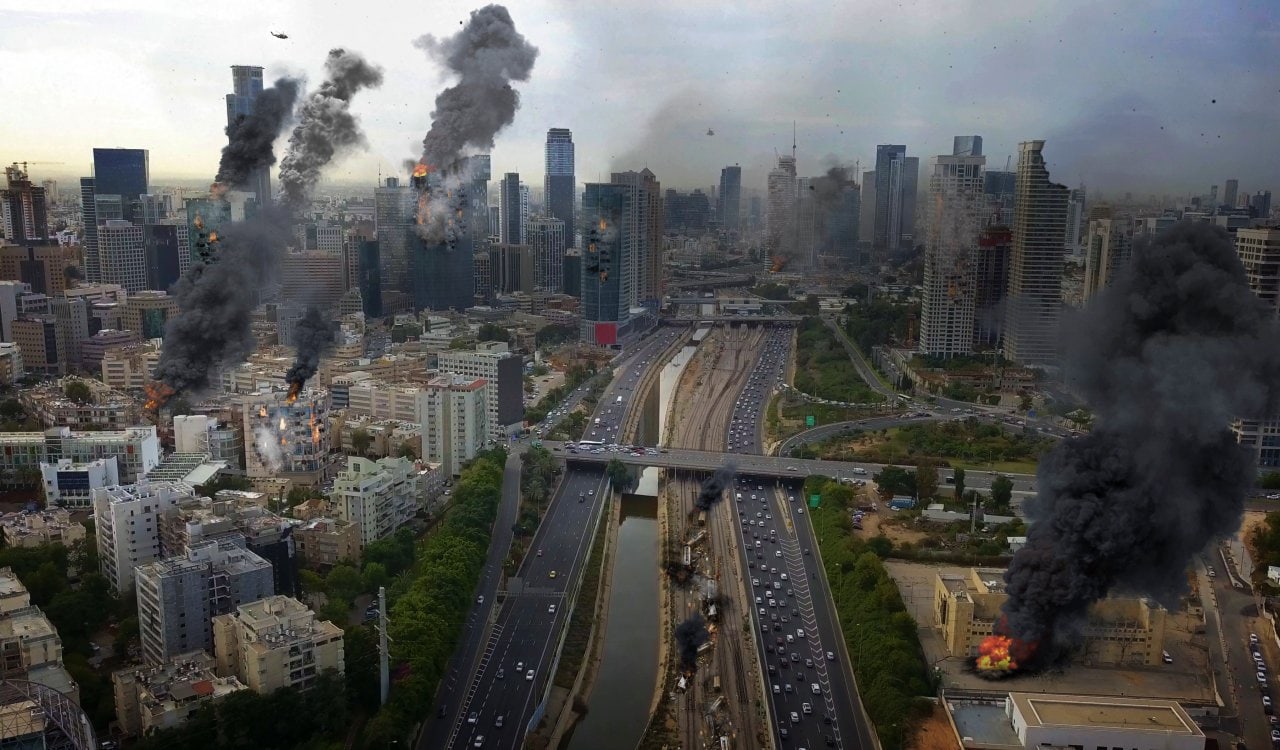
Hurt – Tel Aviv, Israel
- Timeline: Present-Day
What might surprise some of you is that, while Israel is an ancient nation, it was eventually conquered and no longer operated as a separate state. This all changed a little after World War II. In 1947, the relatively new United Nations voted to partition Palestine into both a Jewish and Arab state, but the Arabs rejected this. Yet in May of 1948, the provisional government of Israel proclaimed itself as the new state of Israel. At this same time, U.S. President Harry Truman formally recognized the government and authority as a Jewish state. By 1949, it was officially recognized as its own state by most of the world.

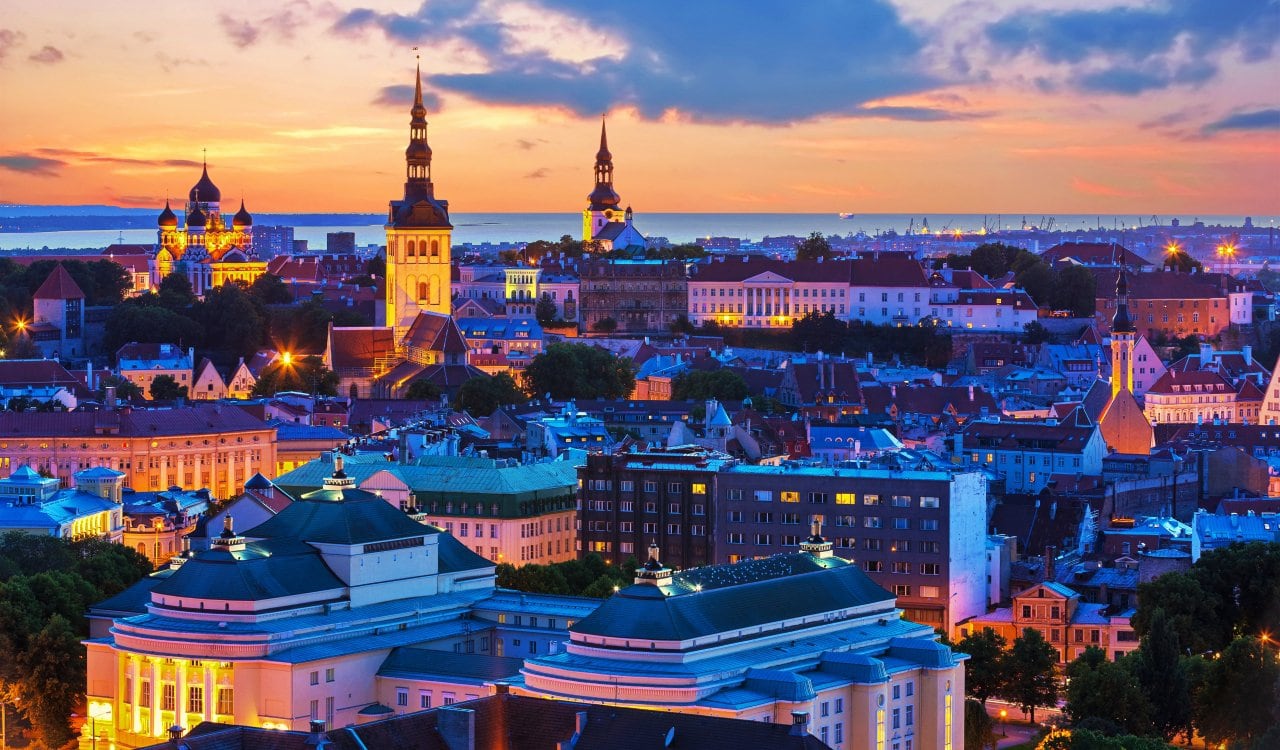
Helped – Tallinn, Estonia
- Timeline: Present-Day
While Estonia has often had to deal with being controlled by larger empires surrounding it, the island nation has set it itself apart. People have lived here for at least 9,000 years and kept to its pagan roots for most of their existence. They were the last nation of any kind in Europe to adopt Christianity, which took until the 13th Century to enforce. Today, now known as The Republic of Estonia, they are no longer under Russian control. They have taken every advantage they had and capitalized, becoming incredibly tech-savvy along the way. The nation has one of the best internet connections on the planet and WiFi is even completely free here.

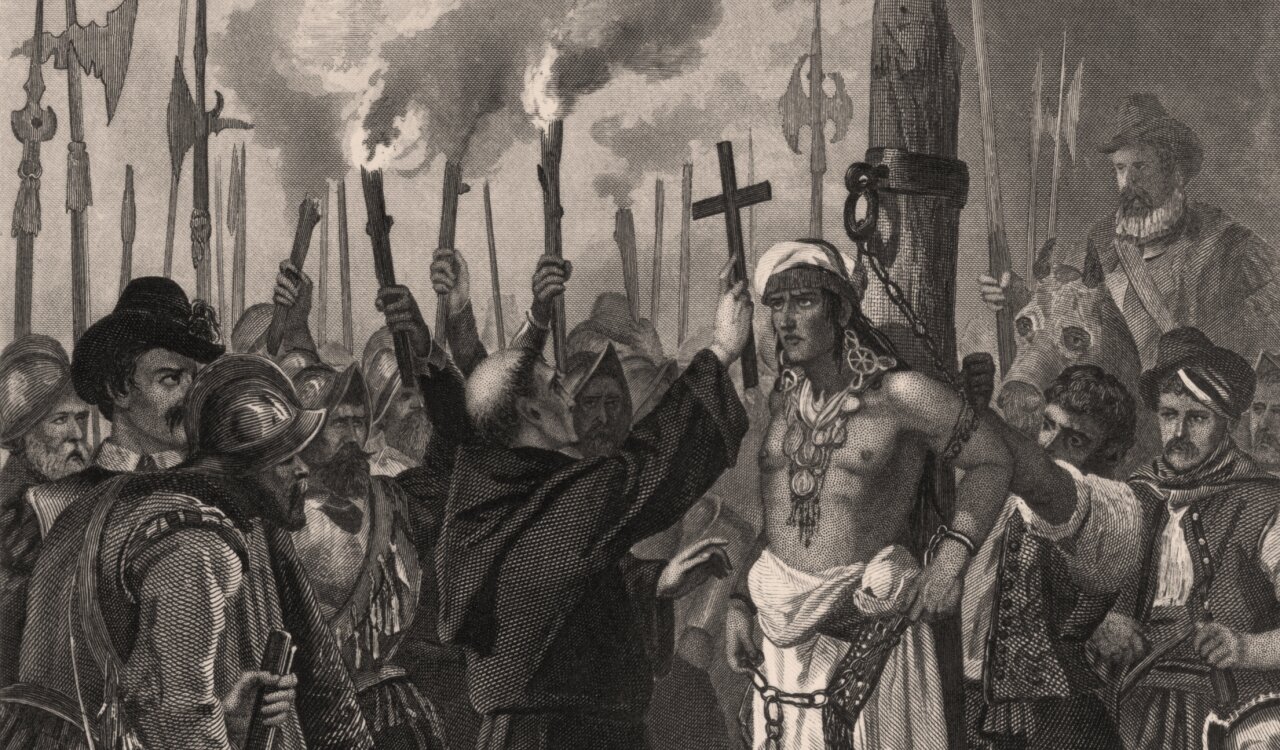
Hurt – New Spain and Peru, Spanish Empire
- Timeline: 1490s to 1830s
We all know by now how things went down during the major colonization of the Spanish Empire into the Americas. After the murderous psychopath known as Christopher Columbus wrote back about this new world he came across, the Spaniards, English, and Portuguese began colonization attempts. Yet people were already living in these places, whom the Spanish Empire notably took advantage of or would kill thanks to their technology. They essentially took out the Aztec Empire to erect New Spain, which would later become Mexico City after the Mexican Independence movement in the early-to-mid-1800s.
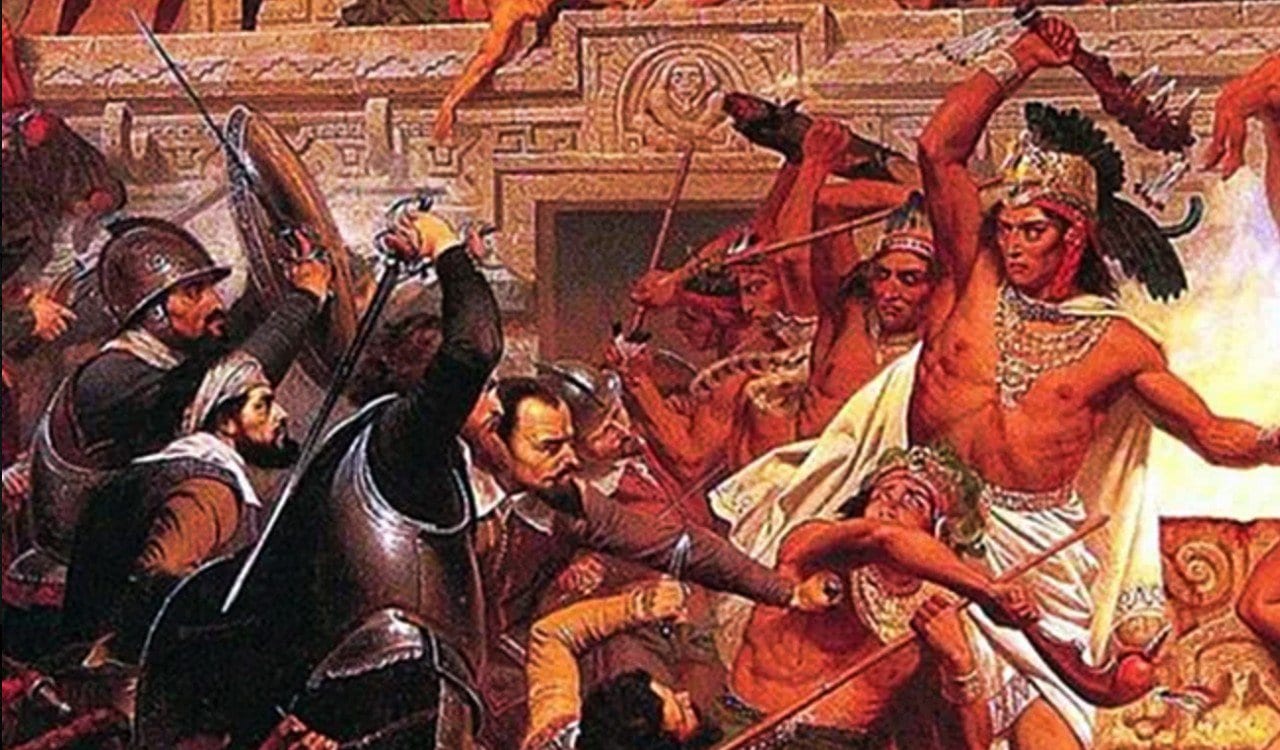
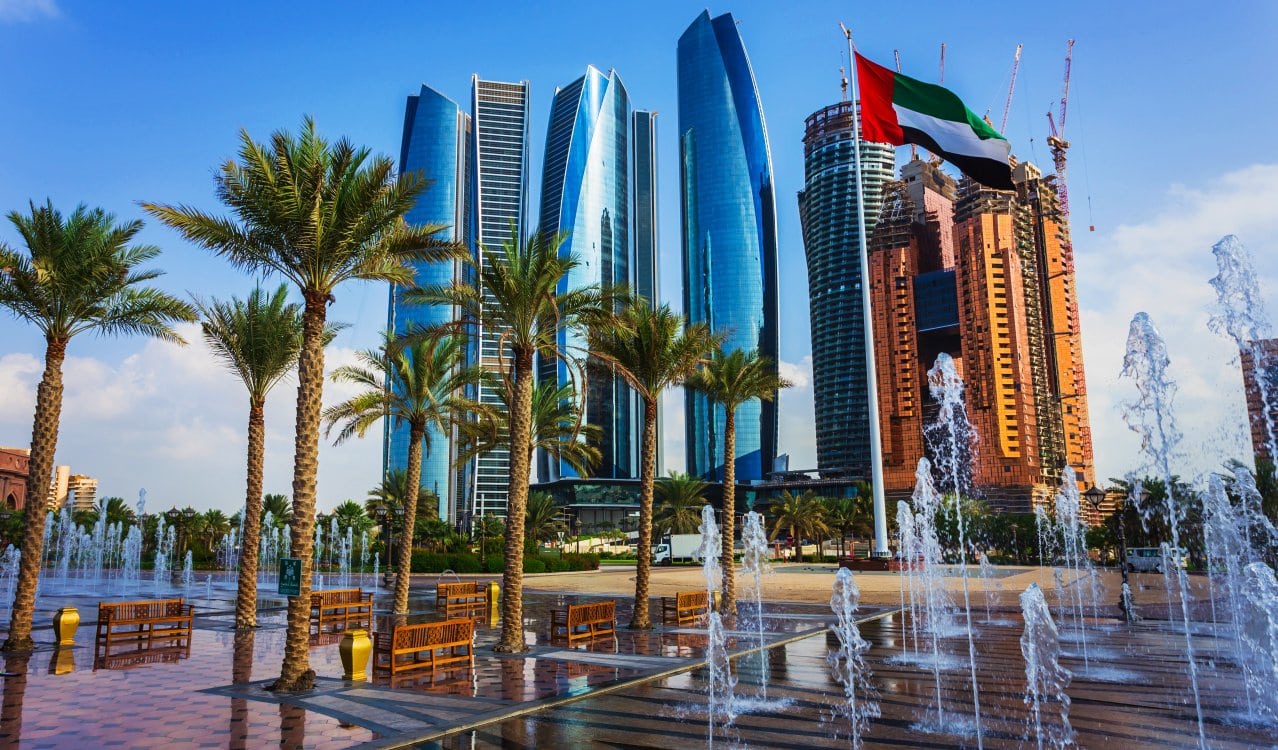
Helped – Abu Dhabi, United Arab Emirates
- Timeline: Present-Day
While we did already reference the United Arab Emirates, they are also separated out and thus we feel the need to reference Abu Dhabi too. It is the second-most populated city-state in the UAE after Dubai. The main government offices of the UAE are found here as well as the Supreme Petroleum Council. They are very oil-rich and have used that money quite well. The oil production led to major development and urbanization, which also led to a high average income for those who live in the city-state. On top of this, they bring in the most money annually for the UAE – at least two-thirds of their $400 billion average annual economy.
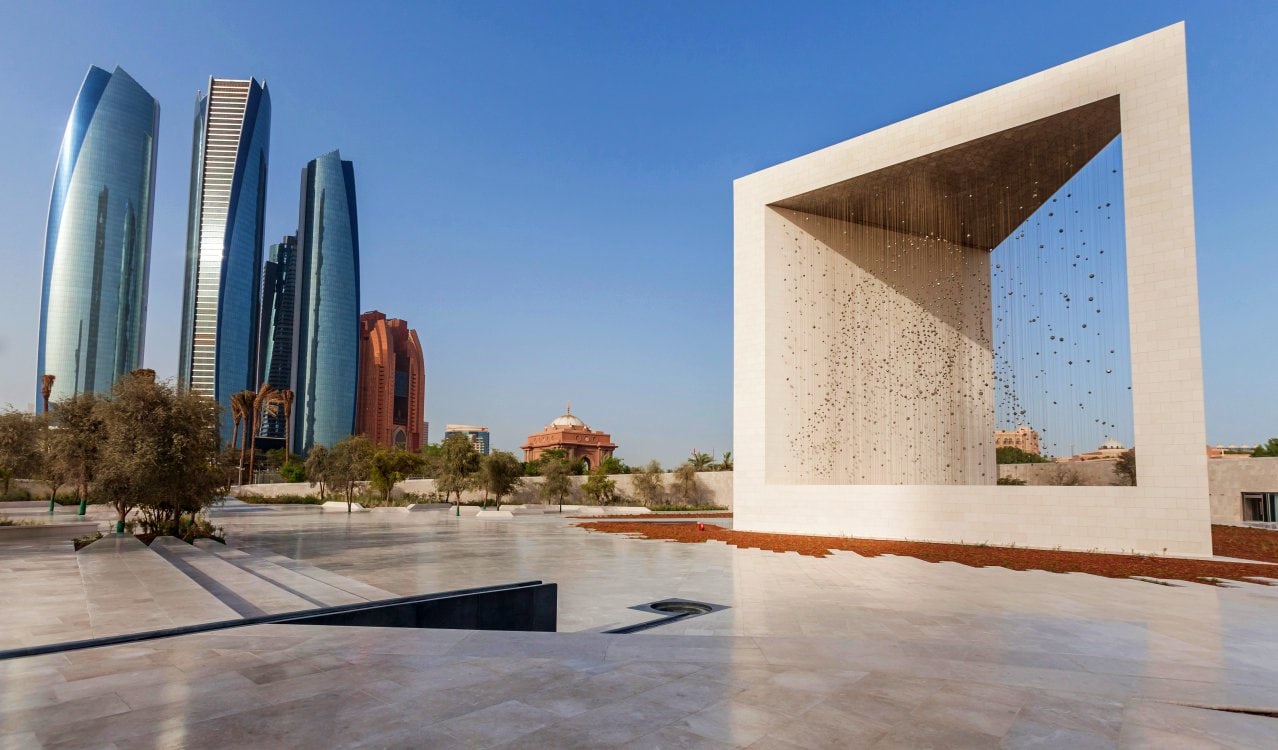

Hurt – Moscow, Russia
- Timeline: Present-Day
Russia has been involved in a lot of technological innovation for years. In fact, even as recently as the last decade, NASA worked with the Russian Space Program to send astronauts into space. Of course, Russia has been home to a lot of scientific research and development which did sadly include nuclear weaponry. Of course, they have been trying to also take advantage of their very rich renewable resources too. Russia currently uses wind, hydro, geothermal, biomass, and solar energy and produces products that utilize them. Yet this oil-rich nation sees most of its money provided by rich oligarchs.
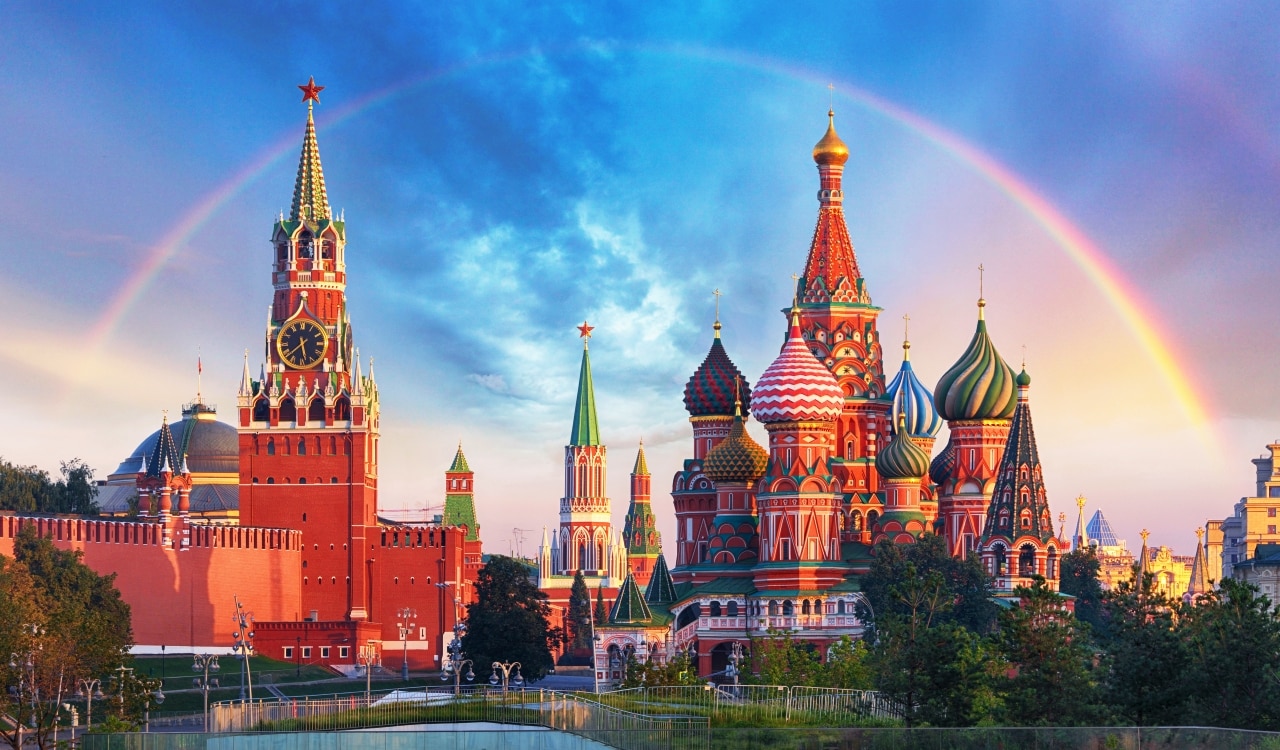

Helped – Hong Kong, Hong Kong SAR
- Timeline: Present-Day
Like Taiwan, Hong Kong managed to become a massive success away from Chinese rule or influence. Currently, the 5G penetration rate in the city-state makes it one of the most digitally advanced places in the world. Plus, their start-ups have grown massively over the years. In 2020 alone, they saw a 6% growth to 3,360 companies that employed over 10,000 people. These newer companies as well as many established ones are part of the biotechnology, artificial intelligence, smart city, and financial technology sectors. This works, as they are the main areas Hong Kong wants to continue to innovate and add to its tech industry overall.
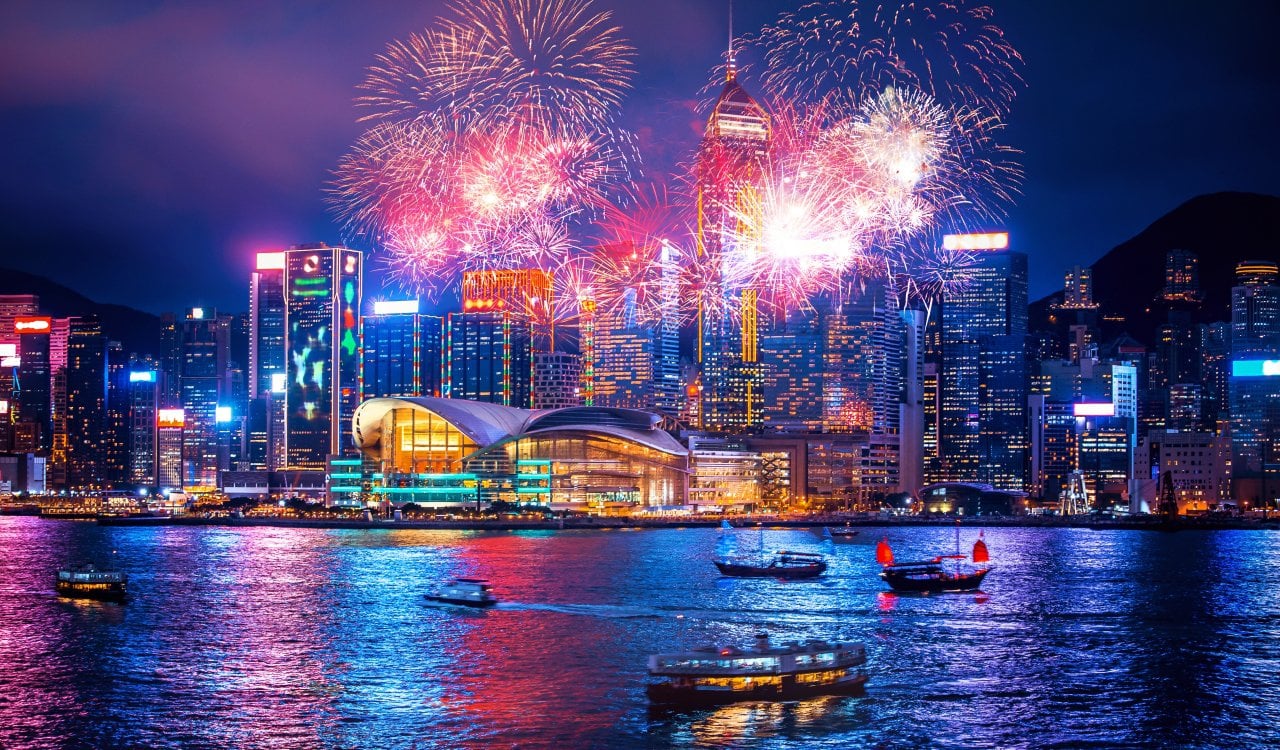

Hurt – Dhaka Division, Bangladesh
- Timeline: Present-Day
What seems to have become a major problem for Bangladesh is that they have tried to do too much with too little. They want to grow their economy and have thrown everything at the wall to make that happen. This includes making deals with numerous big technology corporations as well as those in the clothing, pharmaceutical, and oil industries. This has led to the country becoming a production house, where they make everything from textiles, electronics, vehicles, and bikes to plastic, glass, paper, and more. Plus, they obviously work a lot with petroleum whether that is converting it as a source of energy or for other various base products.
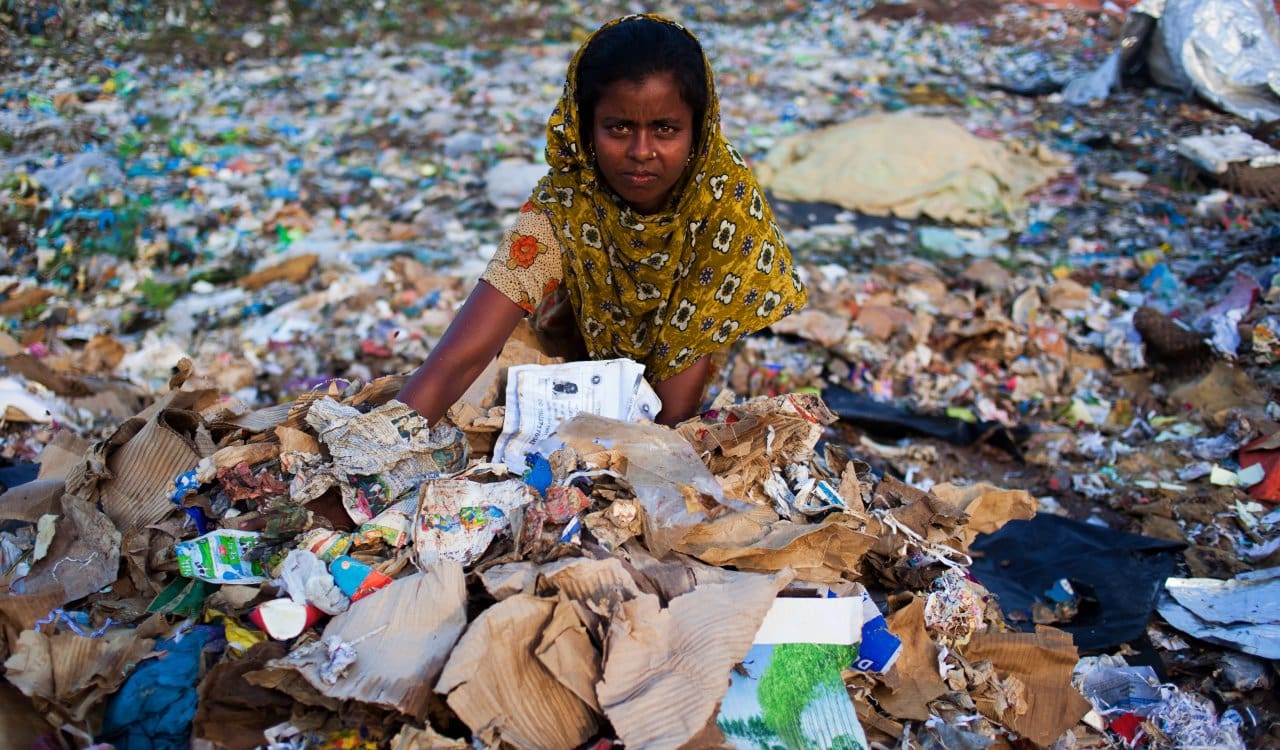
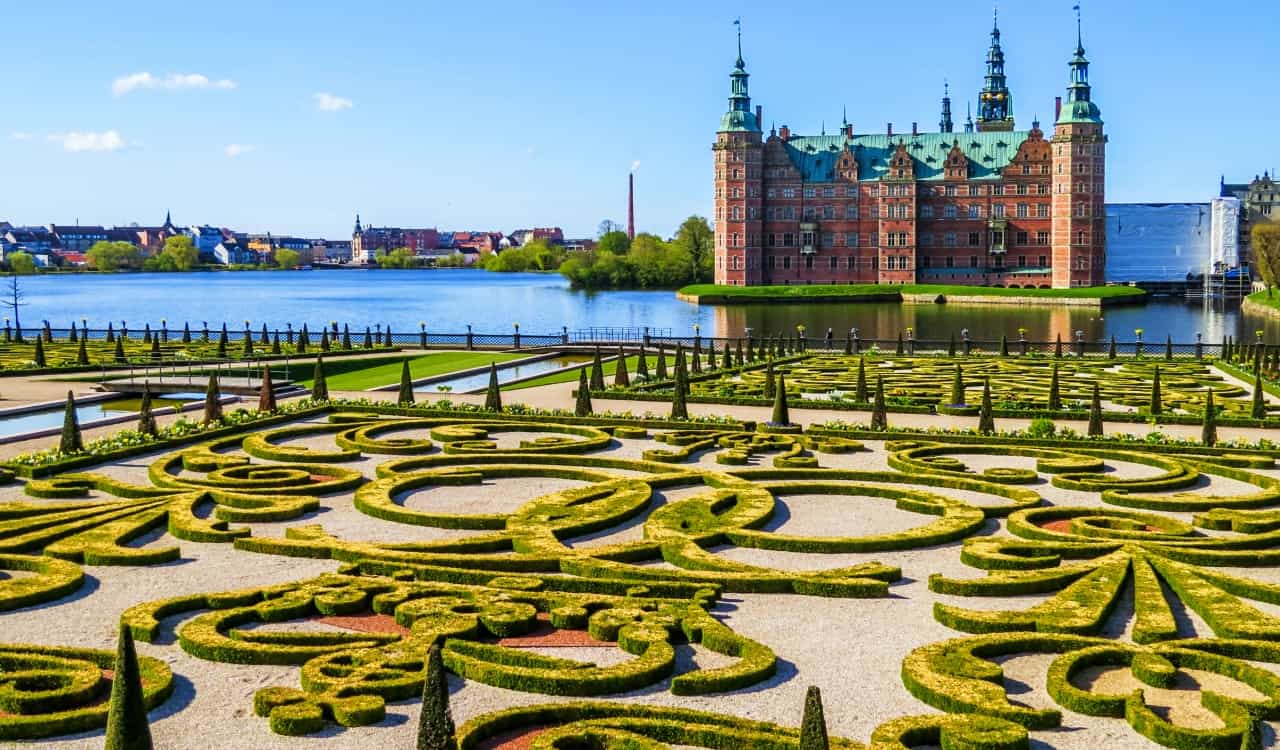
Helped – Copenhagen, Kingdom of Denmark
- Timeline: Present-Day
Today the Kingdom of Denmark is known as one of the greatest cities in the world to live in. It has one of the highest life expectancies on the planet and citizen happiness is so high that they have been ranked the happiest nation on Earth for years. While the nation is known for its many socialistic policies, they are actually a capitalist nation. They simply care enough about their people to ensure corporations come second, and the people/workers come first. Denmark is very technologically advanced as well and they’ve taken tech innovation seriously for a long time.
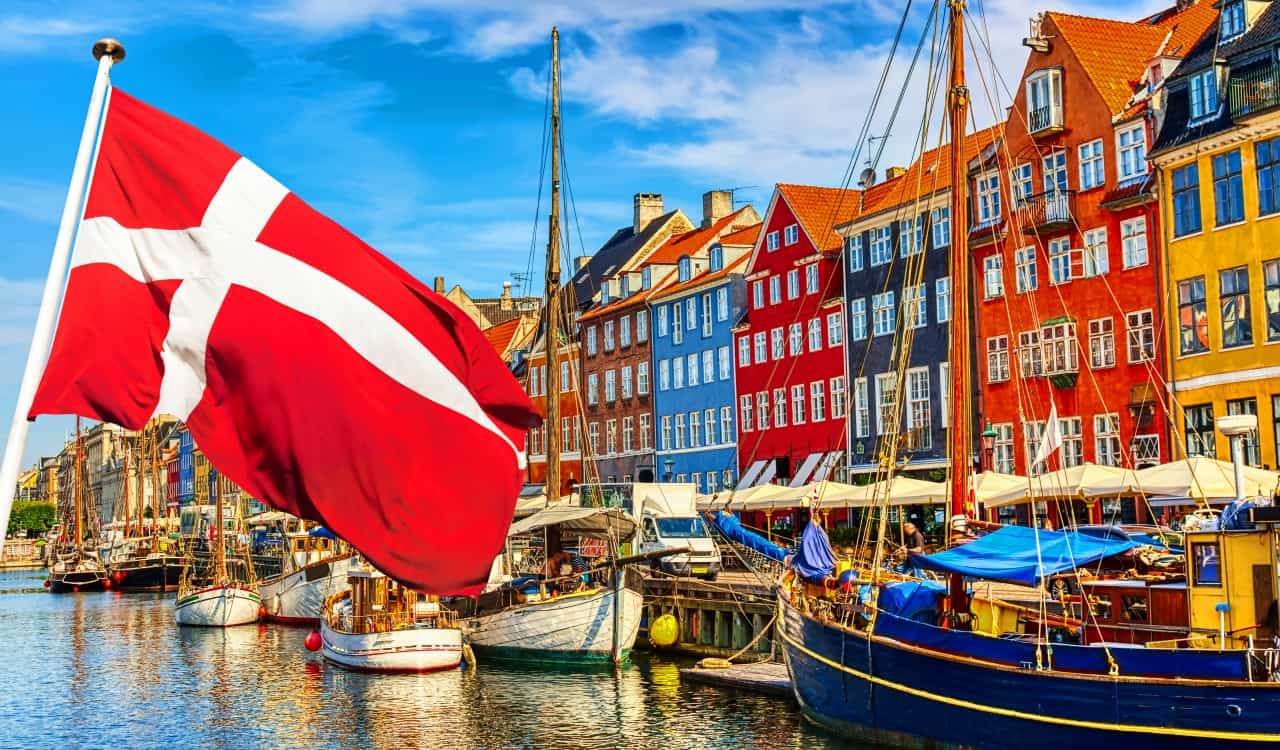
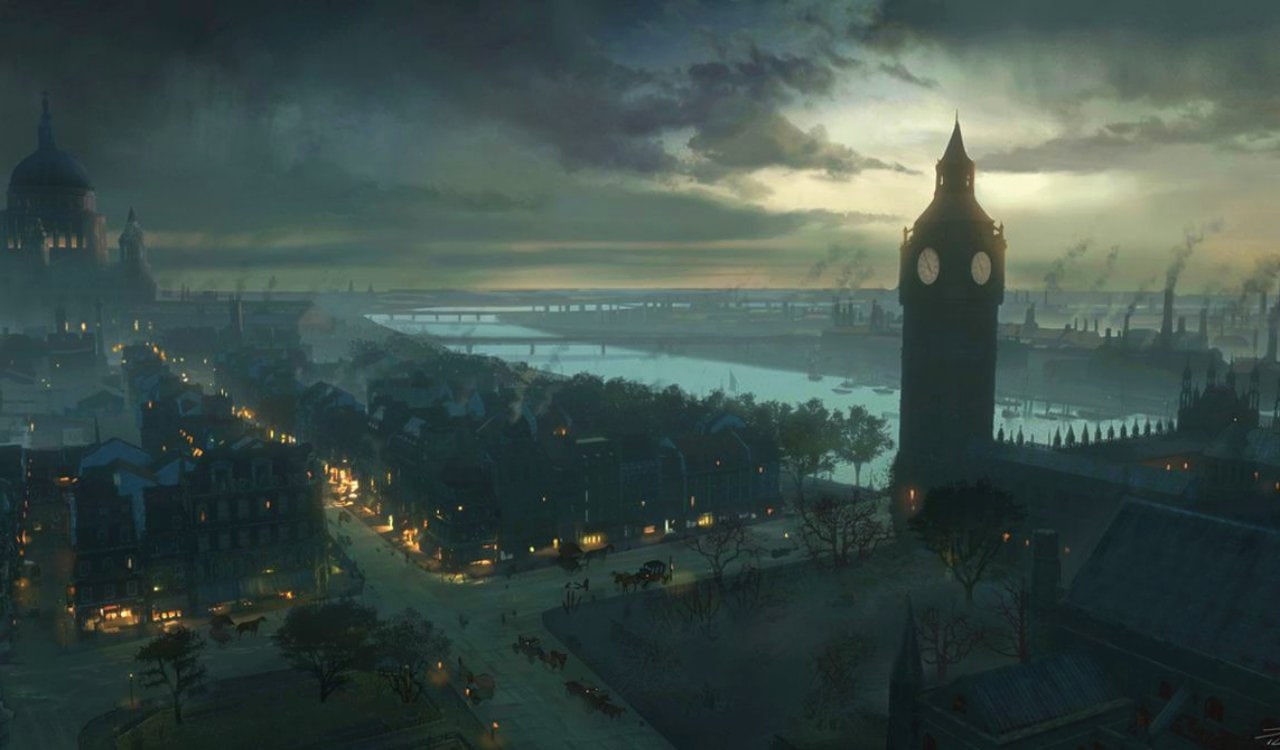
Hurt – London, England
- Timeline: Industrial Revolution (mid-1700s to late-1800s)
The Industrial Revolution was a big time for both the Americans and British. It was a time of great invention and change. We went from having to make or do everything by hand to using machines to help us. Not only did they help us produce things more efficiently, but they also improved the rate of products that could be made at one time. Chemical manufacturing and iron production along with the use of steam and water power were utilized. This was also utilized in conjunction with machine tools and the rise of the modern factory system overall. Textiles were the big area of interest, but we’d eventually see things like automobile production and much more.

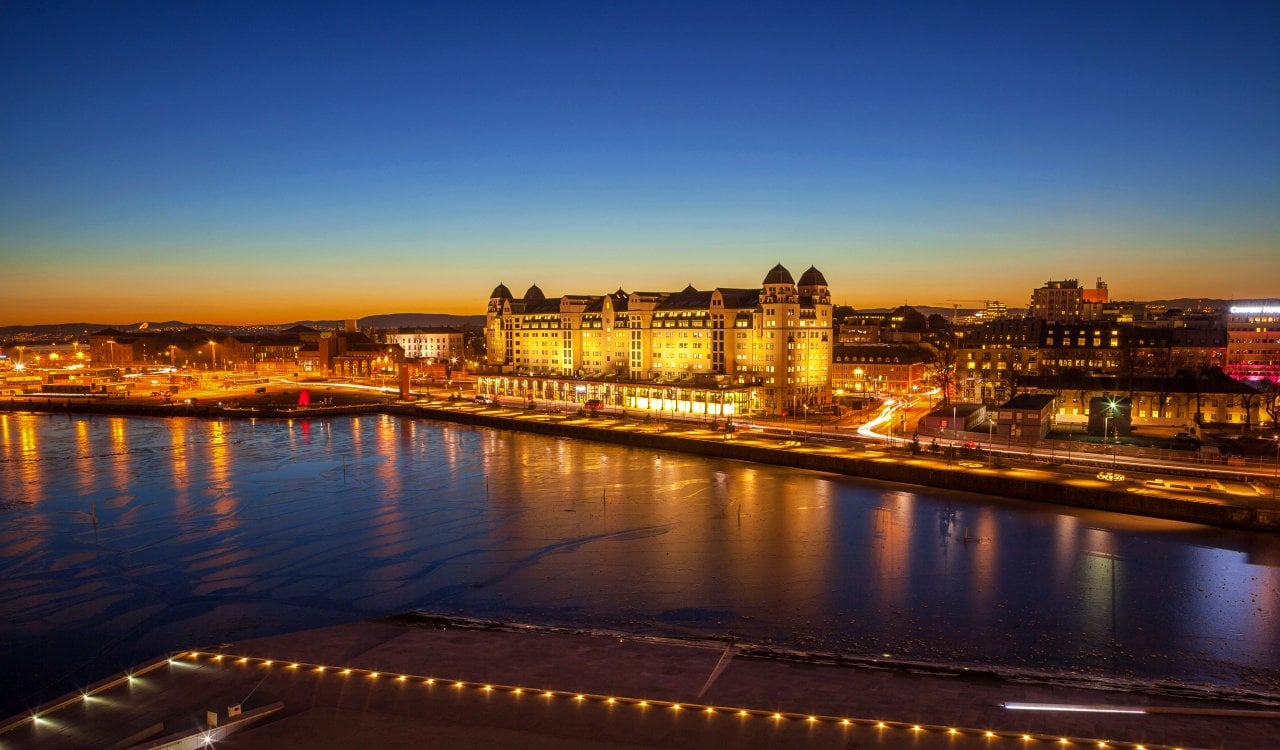
Helped – Oslo, Kingdom of Norway
- Timeline: Present-Day
The Kingdom of Norway is an amazing place to live, with an education system that is one of the best on the planet. Along with that, they have a unique, impressive criminal justice system. Norway has quickly become one of the most technologically innovative nations. In fact, they were named the most advanced nation in digital media in 2013 which they have only improved on since. The country is also known for its impressive wind turbine technology, which the Norweigan Firm Sway developed to make offshore wind turbines affordable. Their city of Oslo has been leading most of their innovations too.

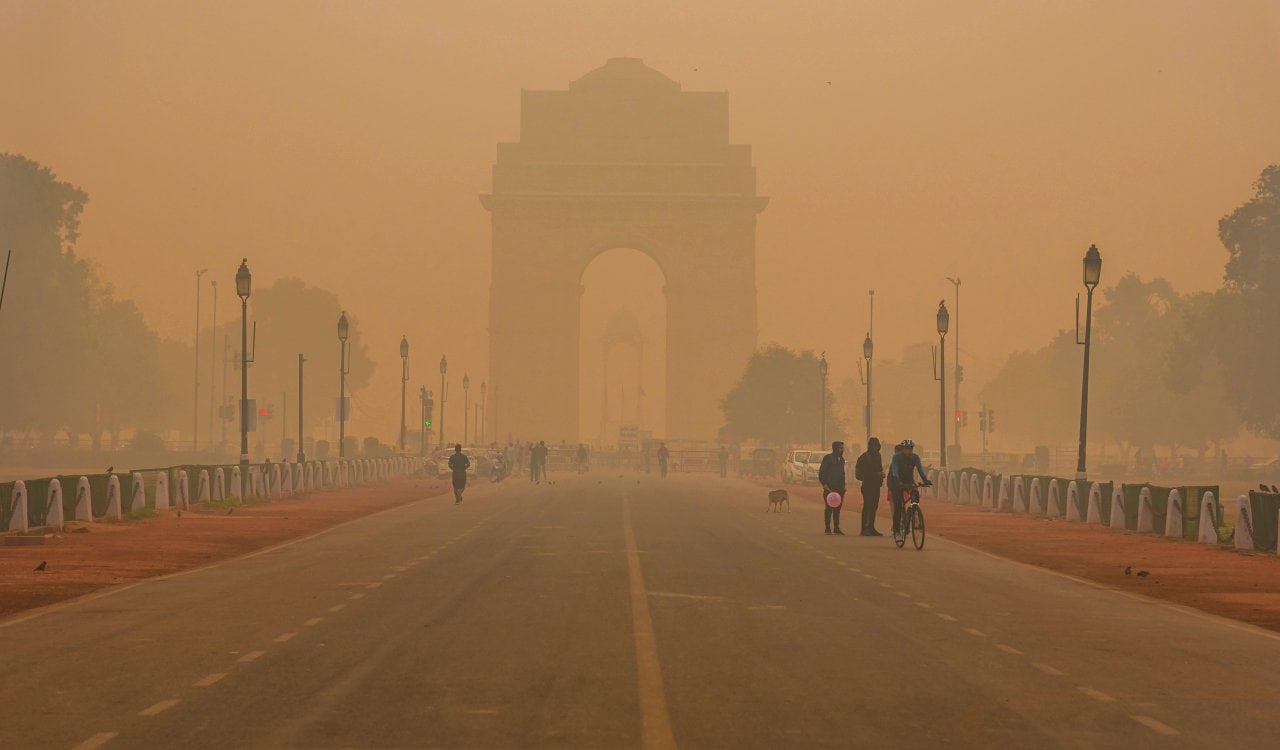
Hurt – Mumbai, Delhi, and Bangalore, India
- Timeline: Present-Day
Honestly, if we chose just one city in India hurt by big technology, we’d avoid the horrible issues it has done to India overall. The three biggest cities that have been hurt by it are also the most populated: Mumbai, Delhi, and Bangalore. It would be wrong to not first reference that they have become a notable tech location. They have been part of some important scientific research, especially in health sciences. India has also gotten into the aerospace industry in recent years, which is growing quite well. Of course, most of us know by now that India also has a terrific information technology sector too.
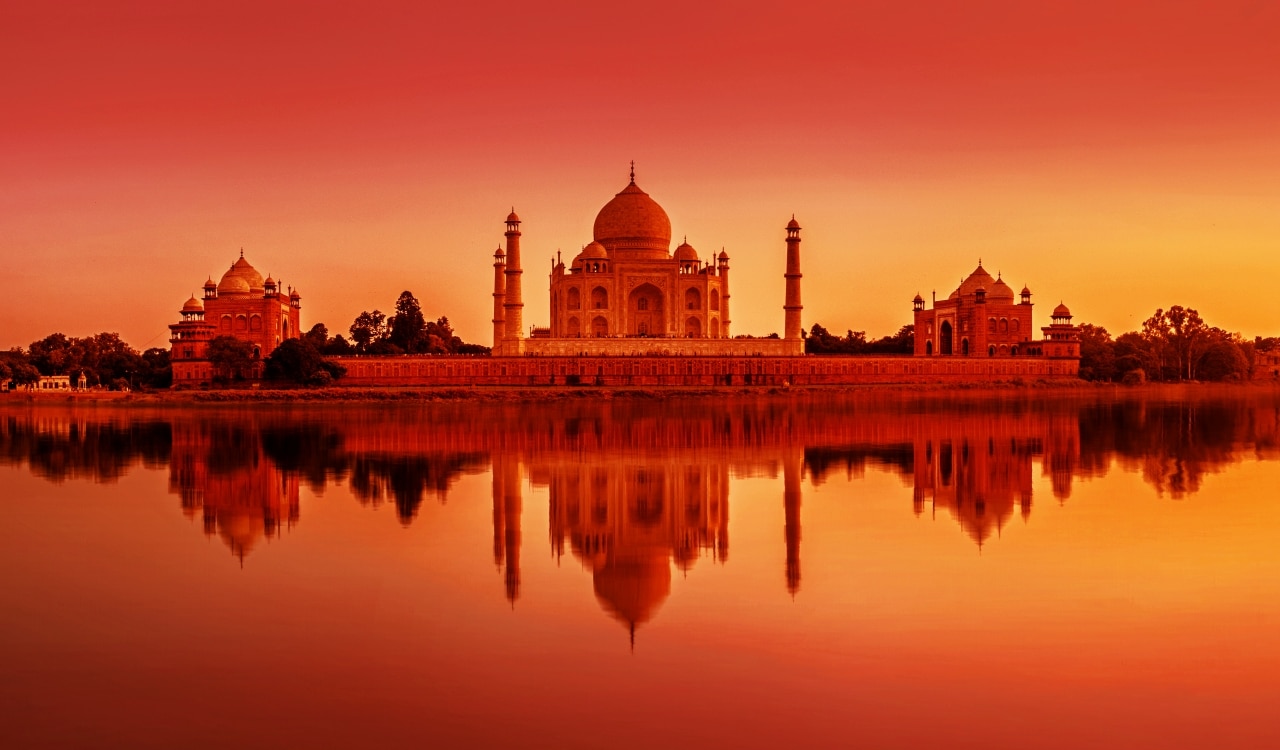
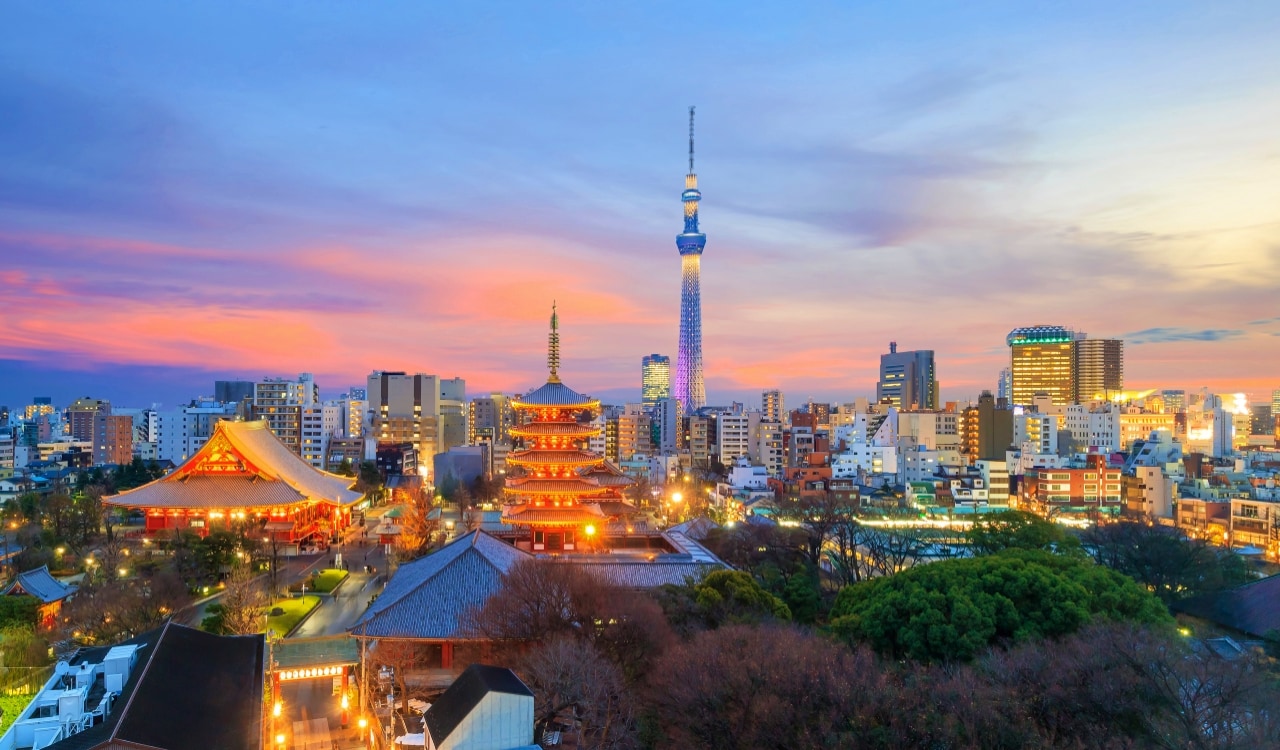
Helped – Tokyo, Japan
- Timeline: Present-Day
It’s certainly not going to be news to anyone reading this to find out that Japan is a very advanced nation. They are one of the few Asian nations that have made a massive impact on the entire planet using their technology, and they have been innovative in doing so. In fact, they topped the 2021 Global Innovation Index and will likely rank highly in the 2022 report as well. They have been part of some major advancements in the world of artificial intelligence, robotics, automation, aerospace, and obviously video games too.
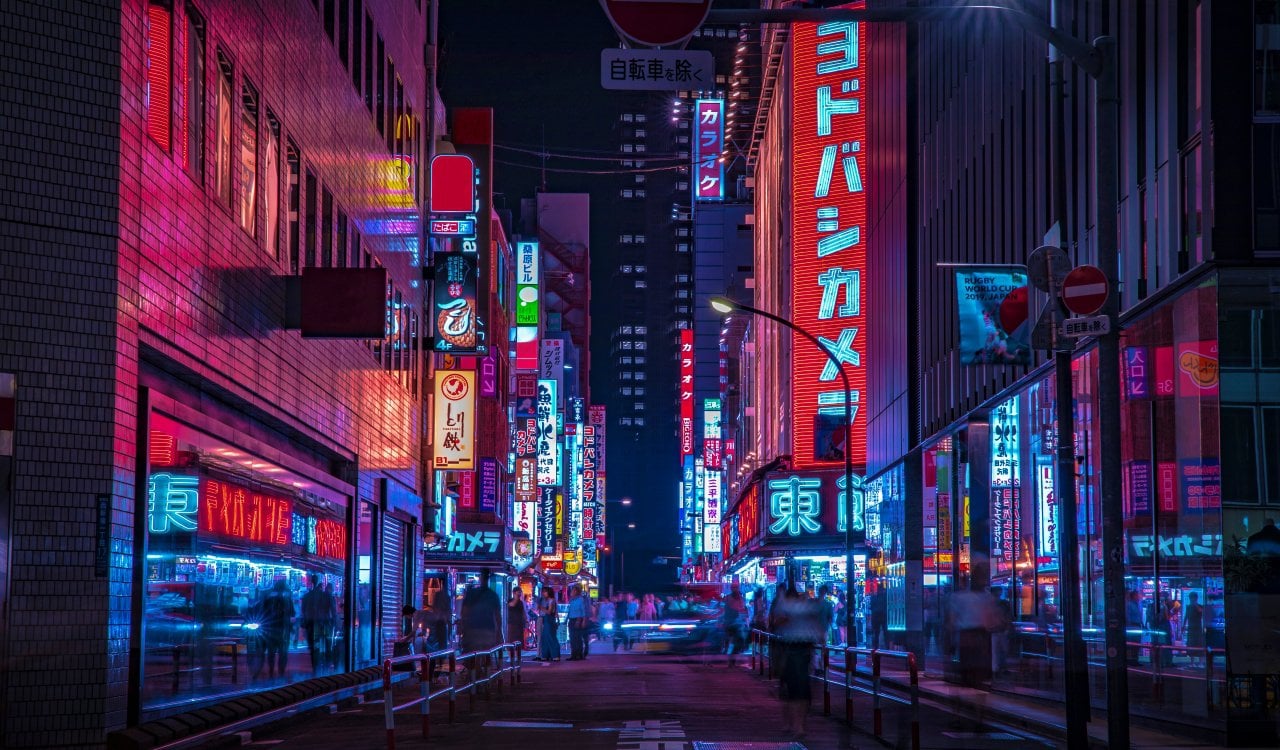
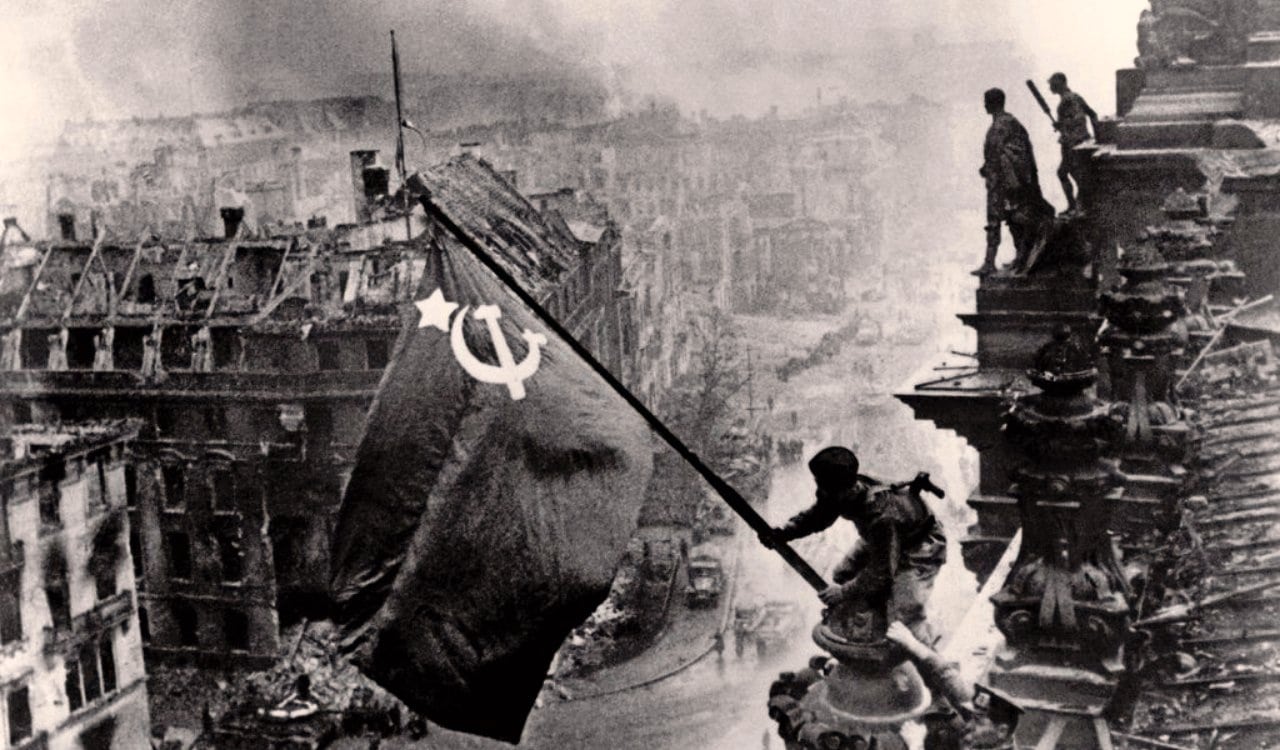
Hurt – Moscow, Soviet Union
- Timeline: 1920s to 1980s
The Soviet Union was a relatively powerful collection of nations, dominated by Russian influence. The member states of the USSR include Russia, Ukraine, Georgia, Belorussia, Uzbekistan, Armenia, Azerbaijan, Kazakhstan, Kyrgyzstan, Moldova, Turkmenistan, Tajikistan, Latvia, Lithuania, and Estonia. Of course, many joined to keep up with the rest of Europe and Asia while others were forced in. However, let’s not ignore the facts of the matter. The Soviet Union was hoping to become a major power in terms of technology, agriculture, and medical knowledge. They did accomplish this mostly. Yet they also wanted to be feared as a major threat to the world.
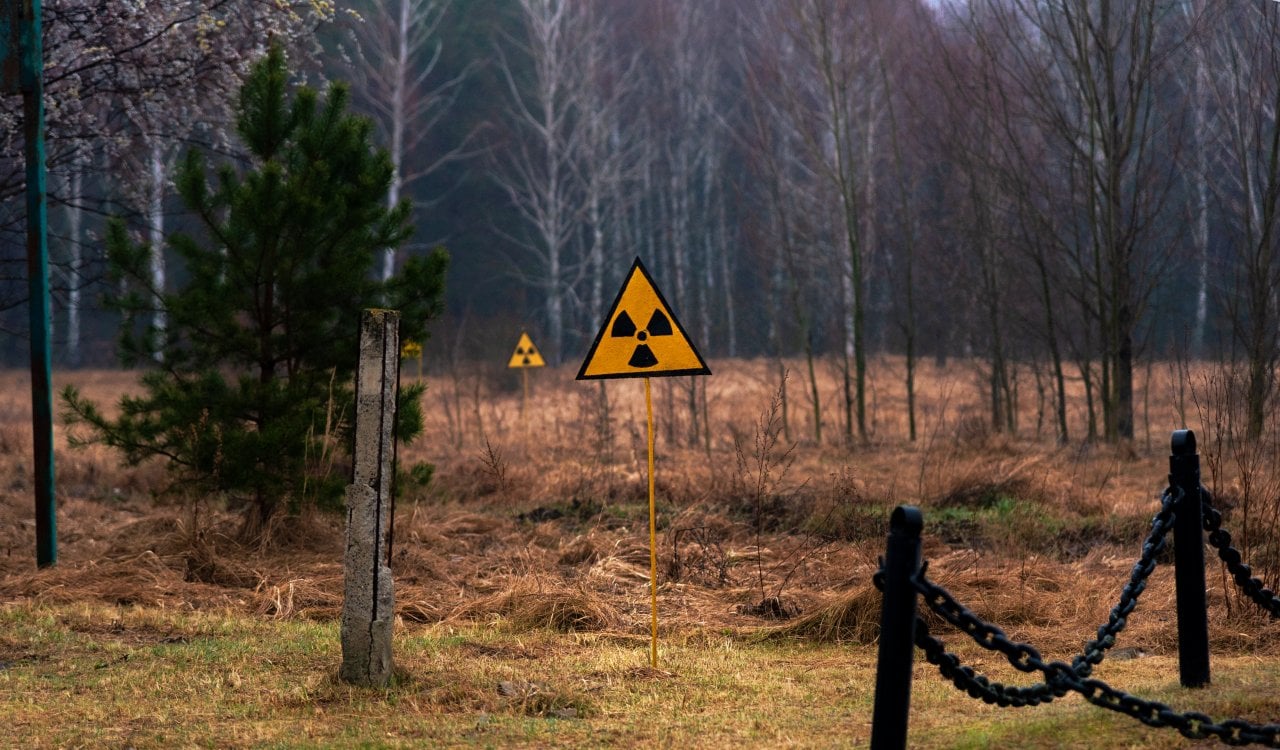

Helped – Zurich, Switzerland
- Timeline: Present-Day
Switzerland is known for being a relatively tech-friendly nation. After all, this is the home of some notable companies like Victorinox, which was started back in 1884 and likely made “Swiss Army Knives” a household name. We also cannot forget major Swiss watch brands like Tissot which opened in 1853 and the luxury watch brand Rolex, which opened in 1905. While the Nestle company is also based here, the major pharmaceutical brand Novartis can also be found here too. They make notable medications like Excedrin and Theraflu today. The ABB Group is relatively popular too, known for its automotive and engineering work.

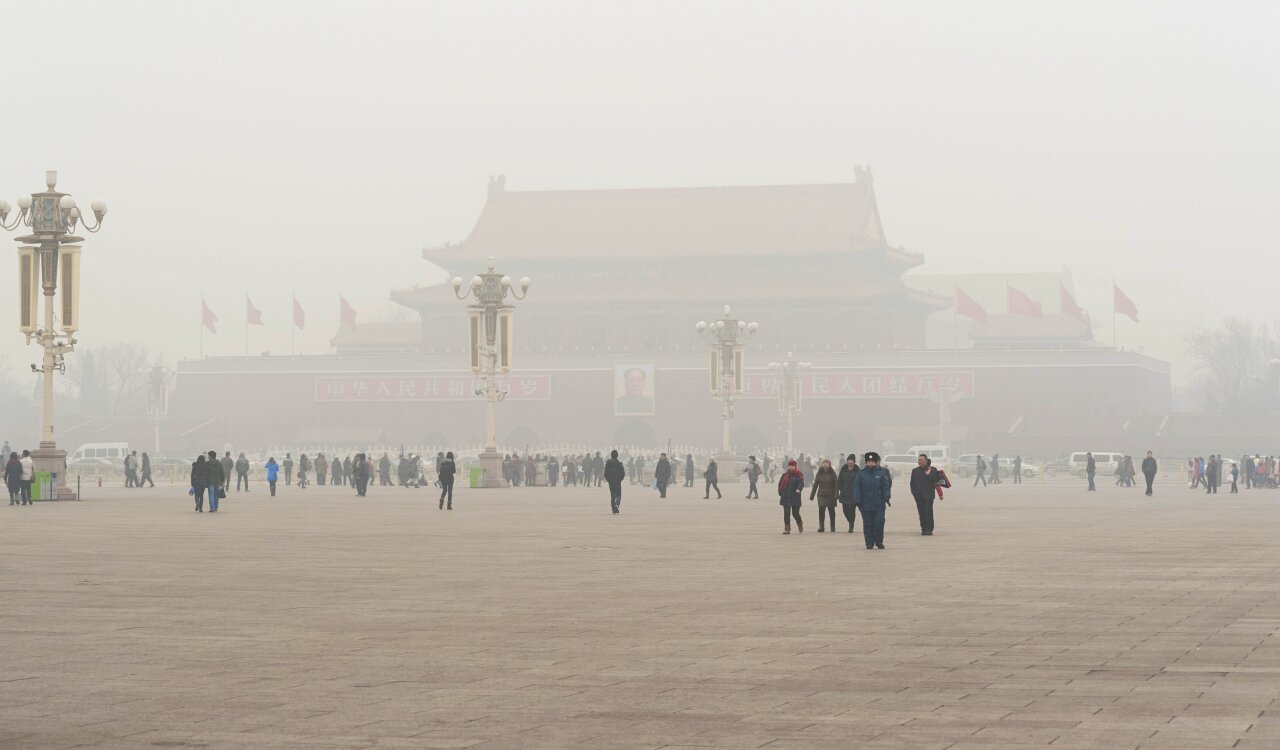
Hurt – Beijing, China
- Timeline: Present-Day
While Ancient China benefitted heavily from its technological expansion and innovation, today the nation has been hurt horribly by it. Their environment has taken a massive hit for a while. China was a superpower and slowly began losing that power it once held, so the nation chose to improve economically. This led to a push to industrialize and increase trade. Several major companies then began putting factories and other industrial work in China due to lower costs. That slowly built their economy and even allowed them to advance their technology.
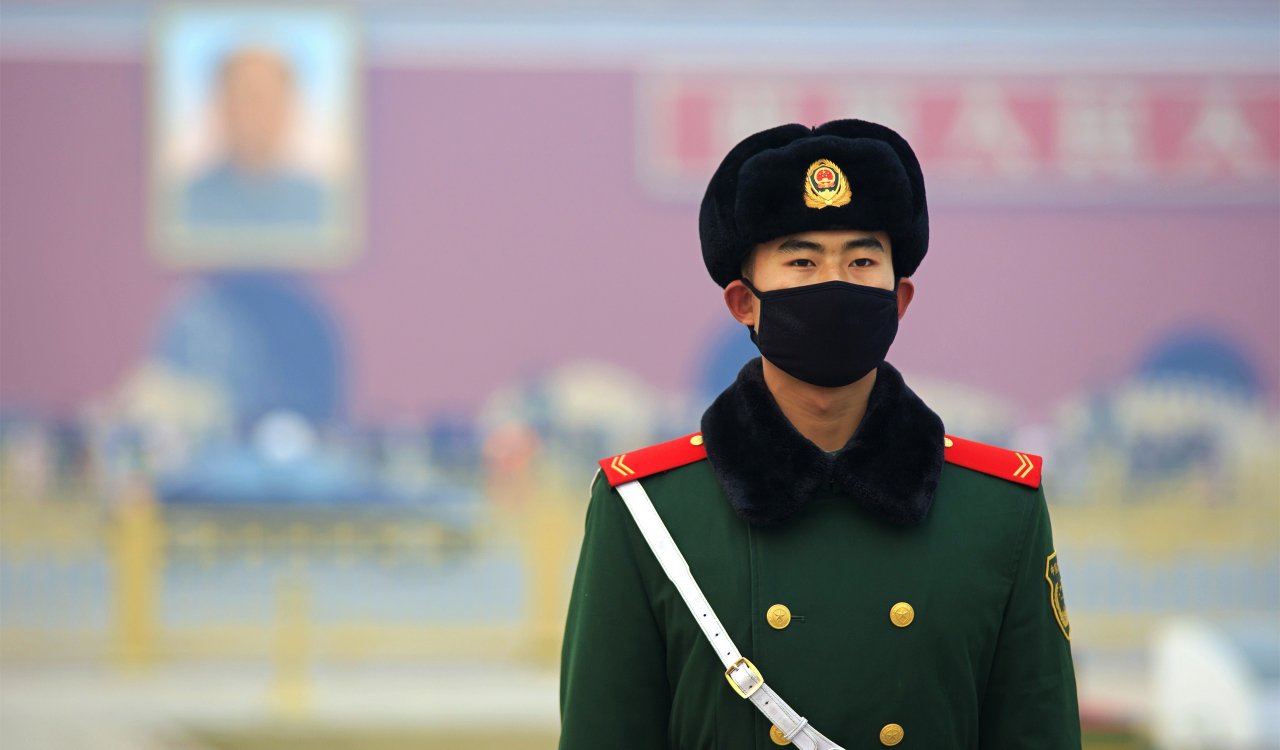
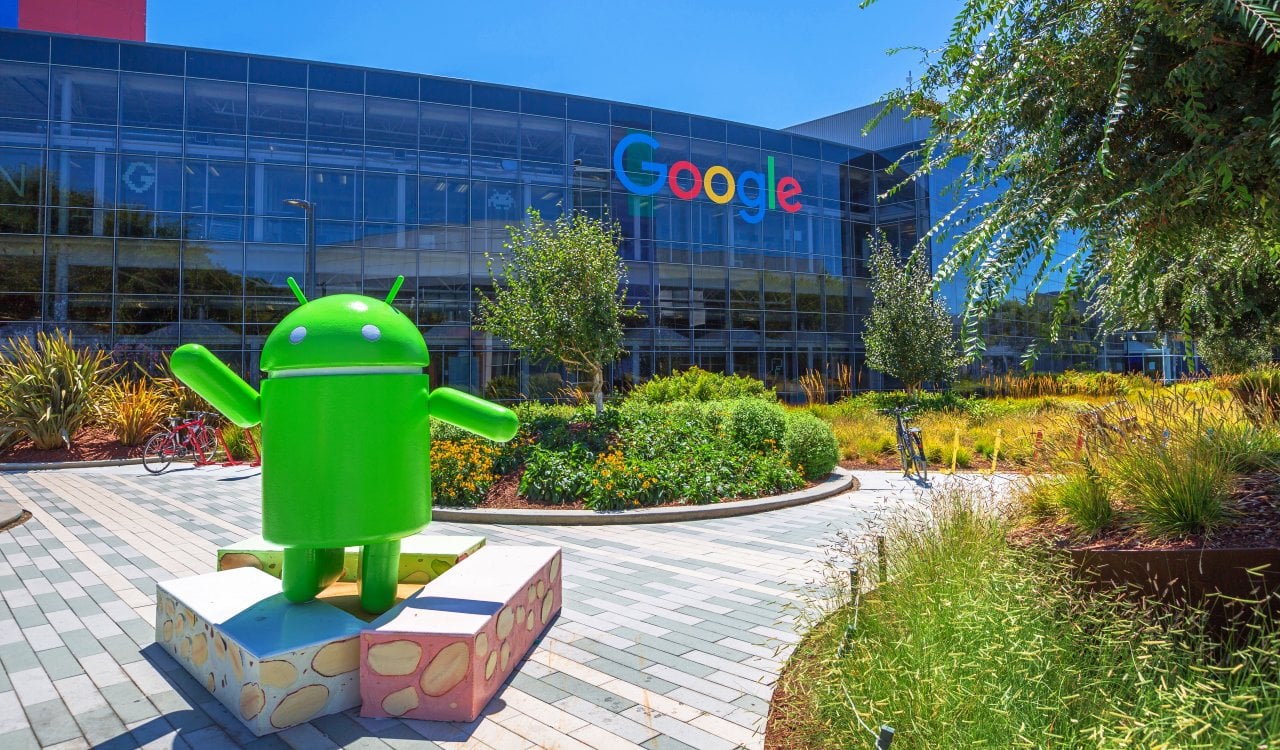
Helped – Silicon Valley, United States of America
- Timeline: Present-Day
Technically speaking, Silicon Valley is not a city in the United States. Rather, it is an area where a lot of major technology companies reside. Most refer to the territory as the Bay Area but Silicon Valley itself involves a little over 15 cities. This includes Belmont, Campbell, Cupertino, Gilroy, Los Altos, Los Gatos, Menlo Park, Milpitas, Morgan Hill, Mountain View, Palo Alto, Redwood City, San Carlos, San Jose, Santa Clara, Saratoga, and Sunnyvale. On top of this, many consider San Francisco to be part of the valley system too. All of these cities each play a major role in the region itself.
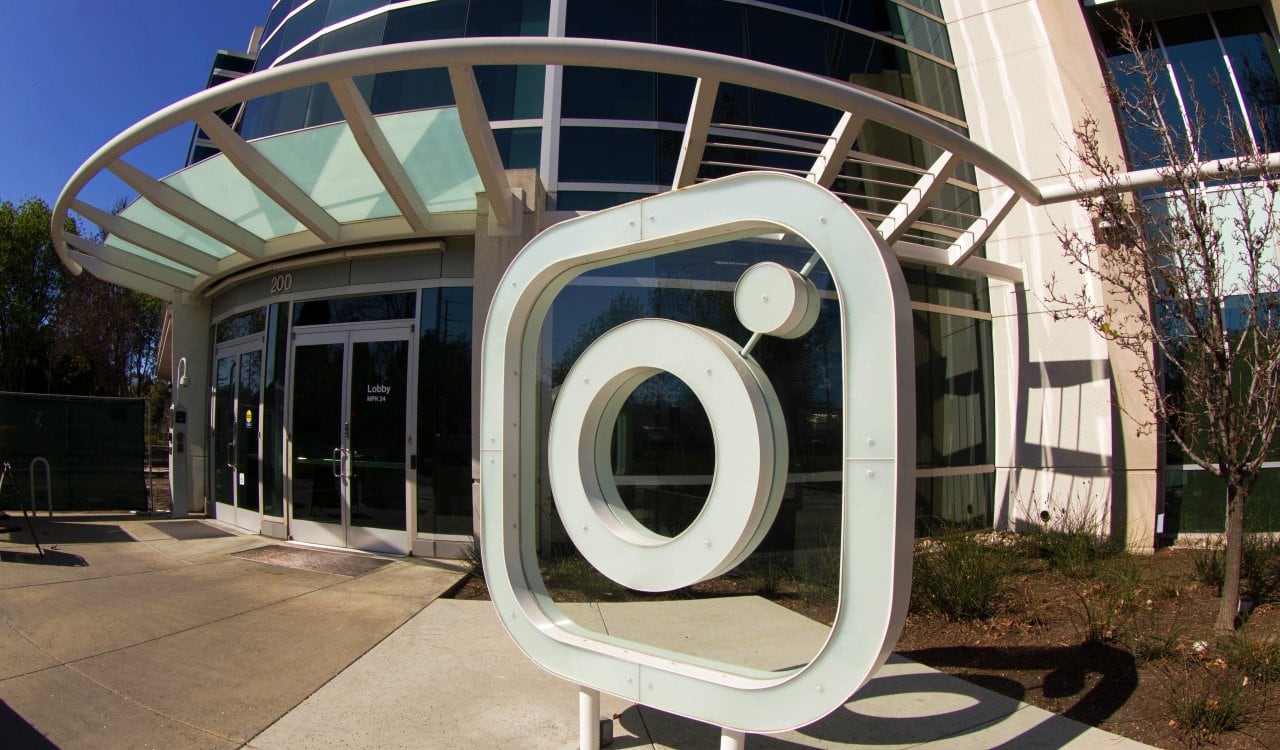
Where Do We Find this Stuff? Here Are Our Sources:
United Nations
European Union
European Commission
Harvard University
Consumer Technology Association
Global Competitiveness Report
Global Innovation Index
Innovation Cities Program Index
World Economic Forum
International Trade Administration
IQAir

